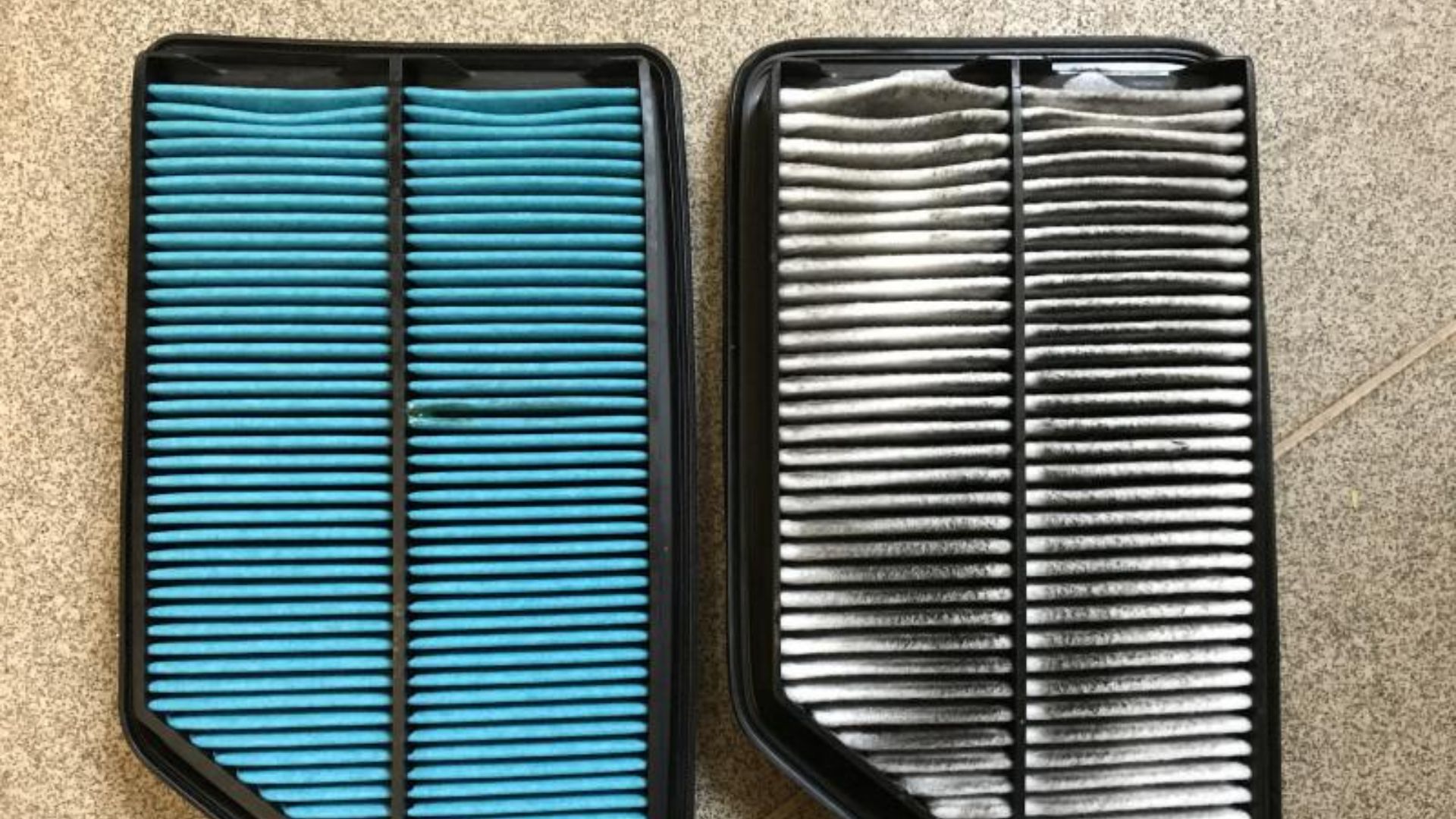
When it's time to replace your engine filter, you've got two main options: an OEM (Original Equipment Manufacturer) filter and an aftermarket filter. Both are designed to protect your engine, but there are differences in price, quality, and long-term benefits. So, which one is actually more suitable for you? This article will discuss it in an easy-to-understand and clear language.
What is OEM and Aftermarket?
OEM filters are parts that are made directly by the vehicle or engine manufacturer. So, if you own a Toyota car, then its OEM filter is made by Toyota or their authorized supplier. The main advantage of OEM filters is that they are of good quality and have been tested. They are specifically designed to fit the needs of the engine, ensure stable performance, and protect the warranty of your vehicle or engine.
In the meantime, aftermarket filters are filters made by third-party companies. As a rule, aftermarket filters are cheaper and come in a lot of different designs. Some aftermarket manufacturers even offer additional features, such as filters that can improve airflow for better engine performance. But this is where you have to be careful because the quality of aftermarket filters varies a lot. If you know what you're doing when it comes to choosing an aftermarket filter brand or you're one of the lucky ones, then you'll be able to get an aftermarket filter that's as high quality as an OEM filter for a fraction of the price.
If you're new to the aftermarket world, or the Goddess Fortuna isn't on your side, you're probably going to be disappointed with the filter. It might be cheap, but it's poorly made and doesn't meet manufacturing standards. So, if you choose to buy an aftermarket filter, it's important to do your research first and buy from a trusted brand or manufacturer.
When To Choose OEM Filter?
If you're looking for a product that prioritizes safety and quality, OEM filters are the way to go. Think about an industrial machine that operates in harsh environments, like mines or construction sites with a lot of dust. OEM filters are designed for machines that work in extreme conditions like these, offering maximum protection against small particles that could damage the engine.
On top of that, OEM filters usually make sure that your engine warranty is still valid. If you use a non-compliant aftermarket filter, it could void your warranty and leave you with the cost of repairs. So, if your engine is still within the warranty period, using an OEM filter is a much safer option.
However, OEM filters are often much more expensive than aftermarket filters, even though they're of a very high quality. In fact, they can cost double or even more. If you're on a tight budget, it's worth thinking about whether the extra cost is worth the safety and long-term performance offered by the OEM filter.
Benefits and Risks of Aftermarket Filters
Aftermarket filters are often a popular choice because they're more affordable and offer more flexibility. For example, for light machines that are often used in workshops, a quality aftermarket filter is sufficient for daily needs without breaking the bank.
However, there are still some risks that you should think about. Not all aftermarket filters are made to the same high standard. Cheap, off-spec products can cause physical incompatibility, leaks, or even damage to your engine. For example, a small garage owner chose a cheap aftermarket filter for his engine. It wasn't long before it malfunctioned because the filter didn't filter out fine particles in the air, which entered and infected the engine. In the end, the small workshop owner had to spend a lot of money to repair his engine.
If you're looking for an aftermarket filter, it's a good idea to choose a brand that's well-known and trusted. You can also read reviews or ask technicians for recommendations to help you make the right choice.
Which One Fits You Best? OEM or Aftermarket?
The choice between OEM and aftermarket filters depends on what you need and what's important to you. If you want to make sure your engine is in top shape for a long time, then an OEM filter is the best bet. But if you're looking for something cheaper for everyday use, or maybe you just want to try out some extra features like more airflow, an aftermarket filter could be a good choice—as long as the one you choose is high-quality.
It's important to remember that the engine filter is a key part of keeping your engine in good shape and making it last longer. If you choose the wrong filter, you could end up spending a lot on repairs or even cause permanent damage. Price is always a factor, but it's also essential to think about the quality and needs of your machine before buying.
Whichever filter you choose, either OEM or aftermarket filter, make sure you choose wisely. Your engine will thank you for it!
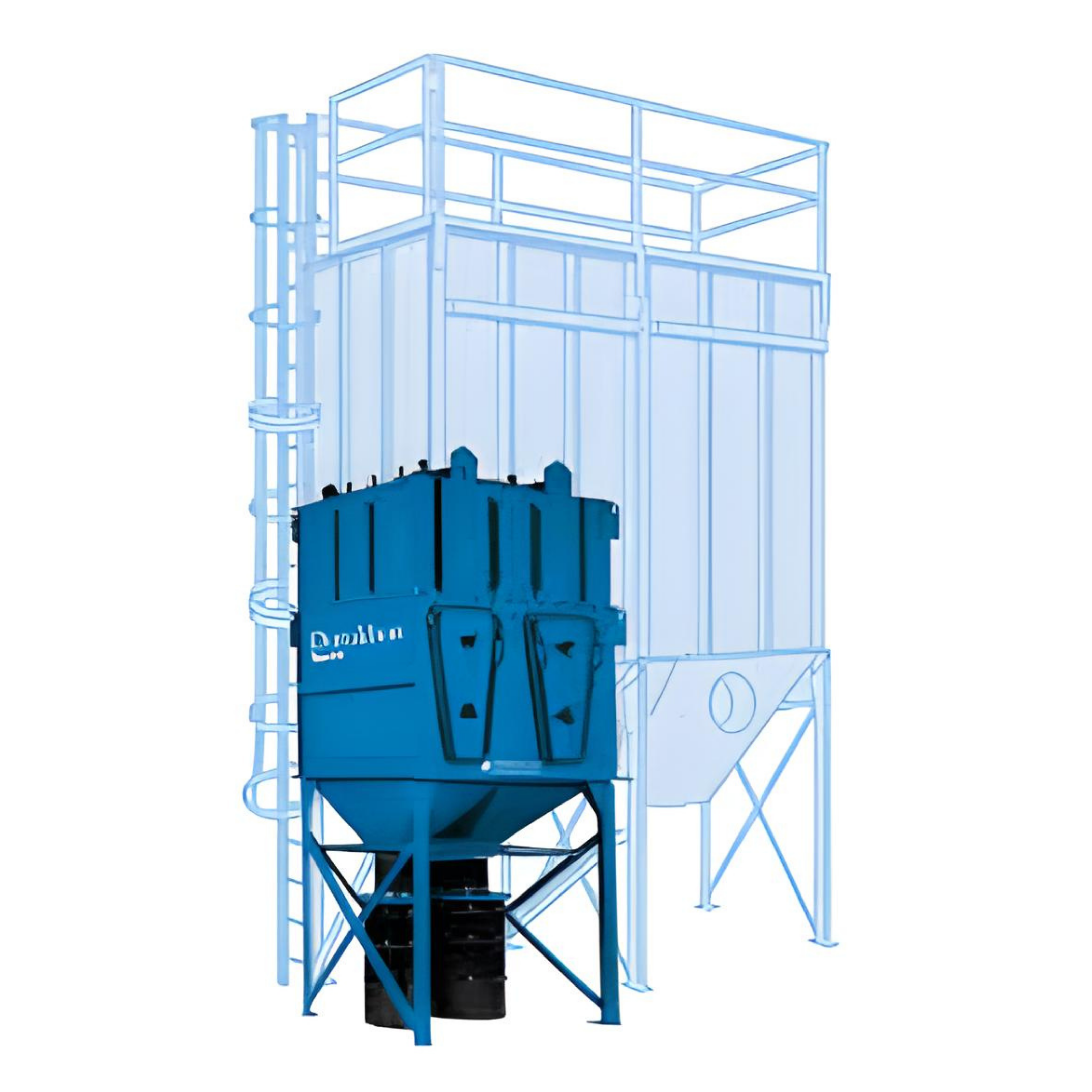
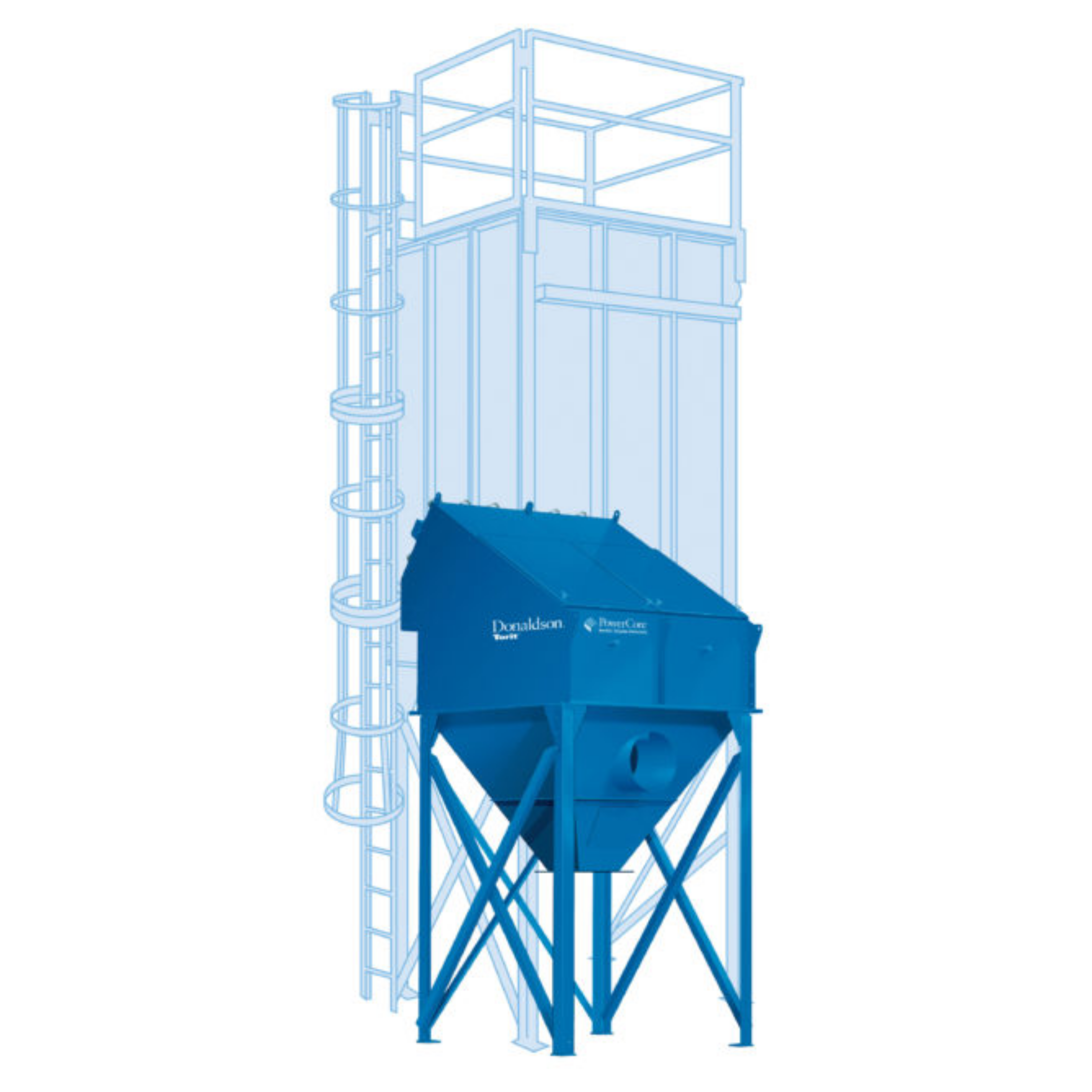
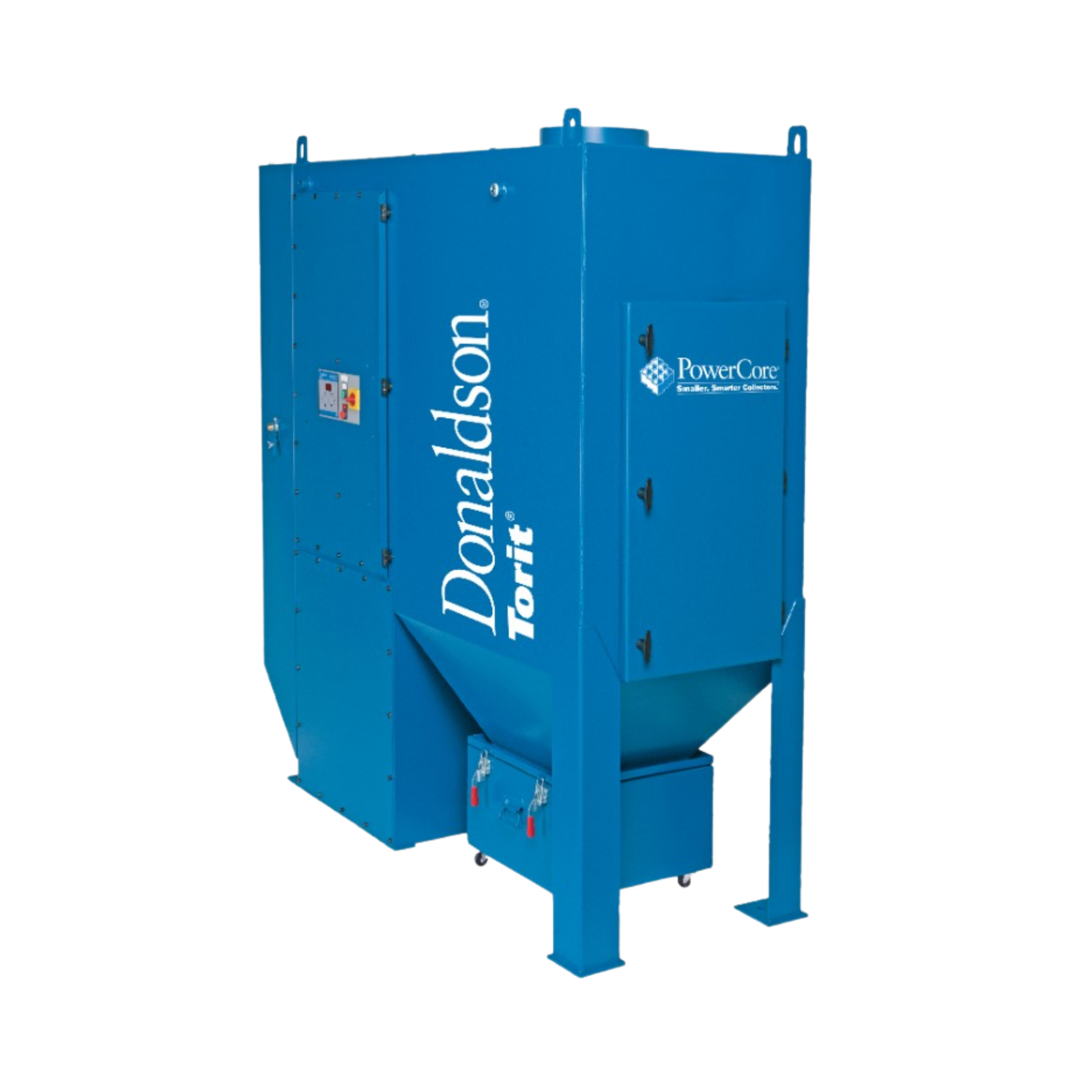
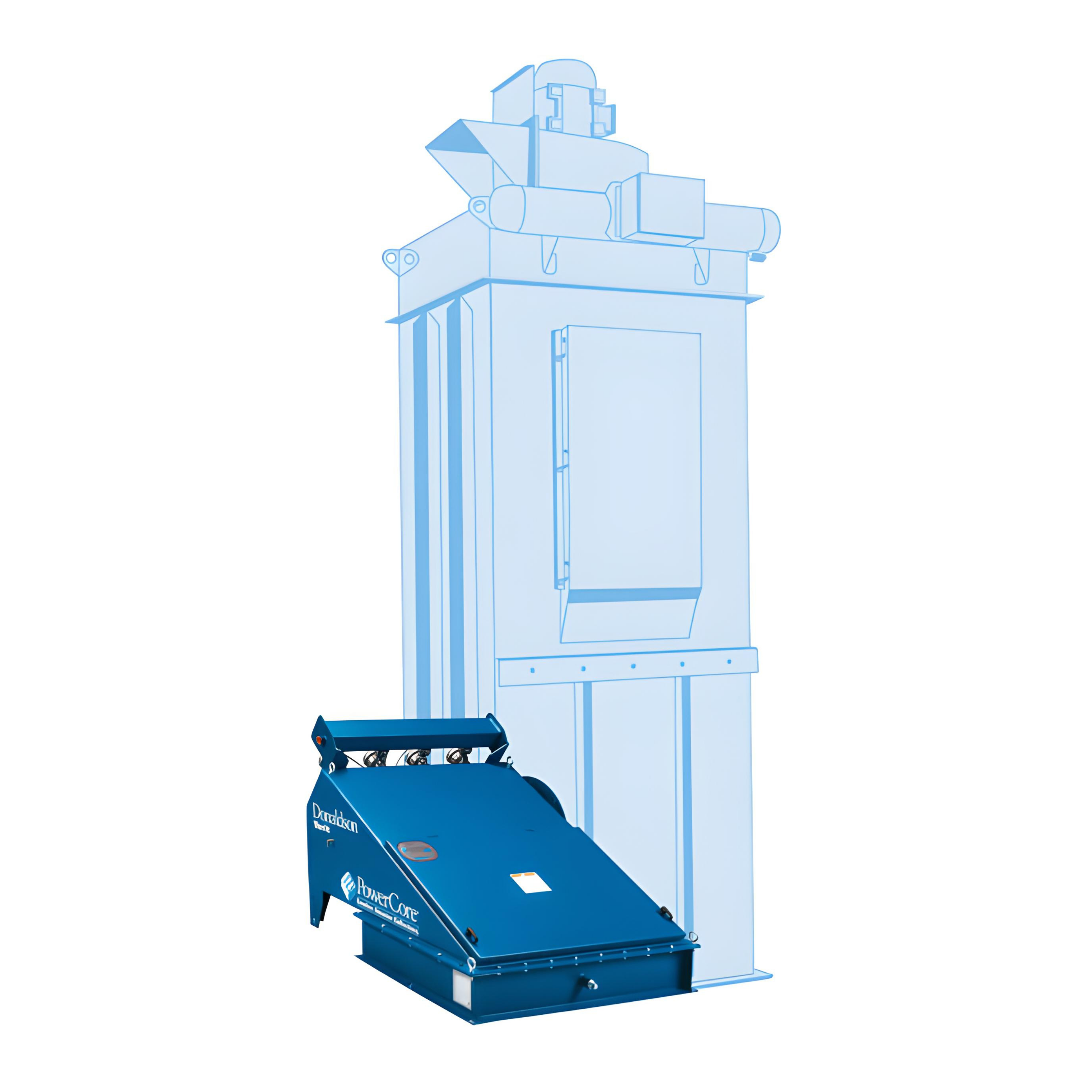
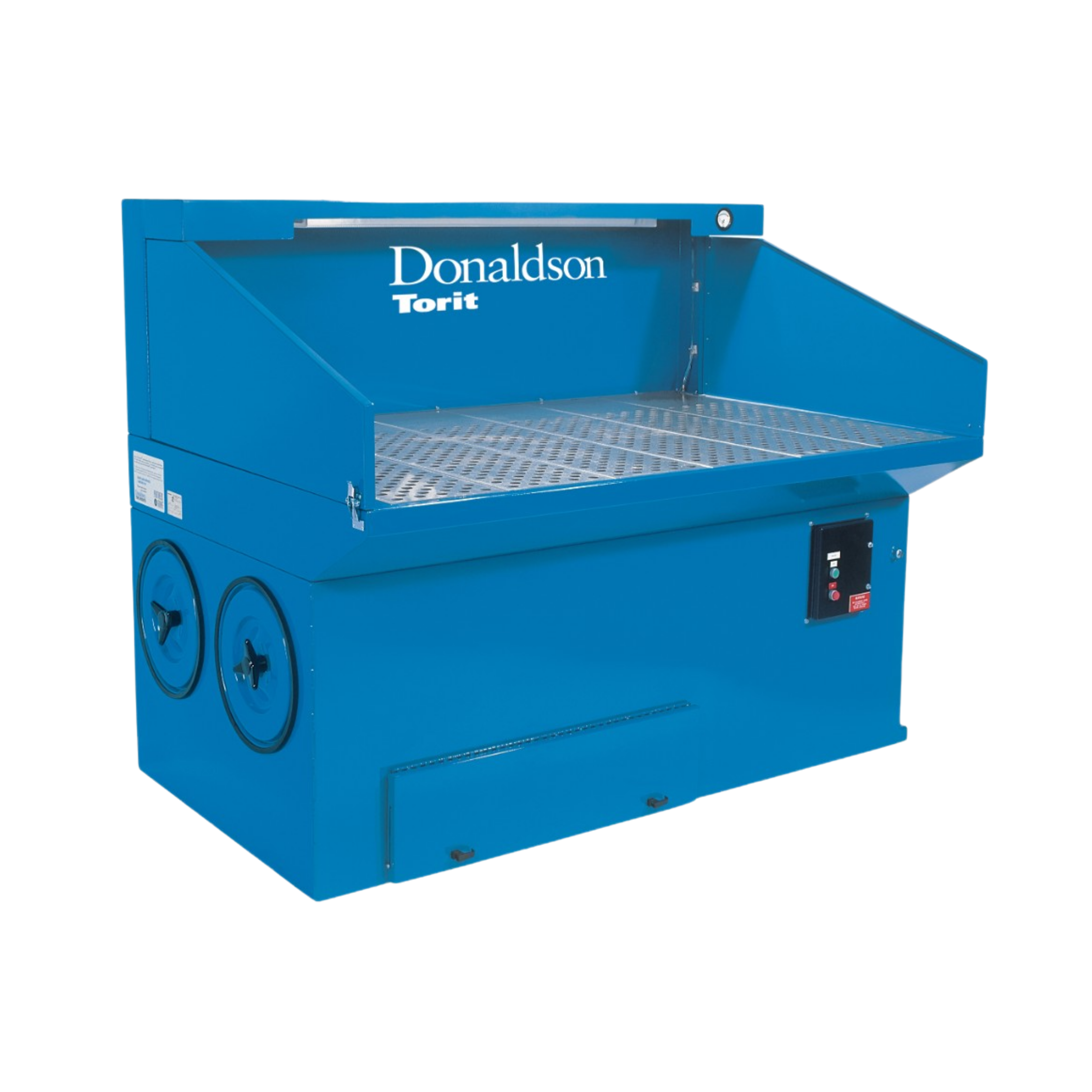
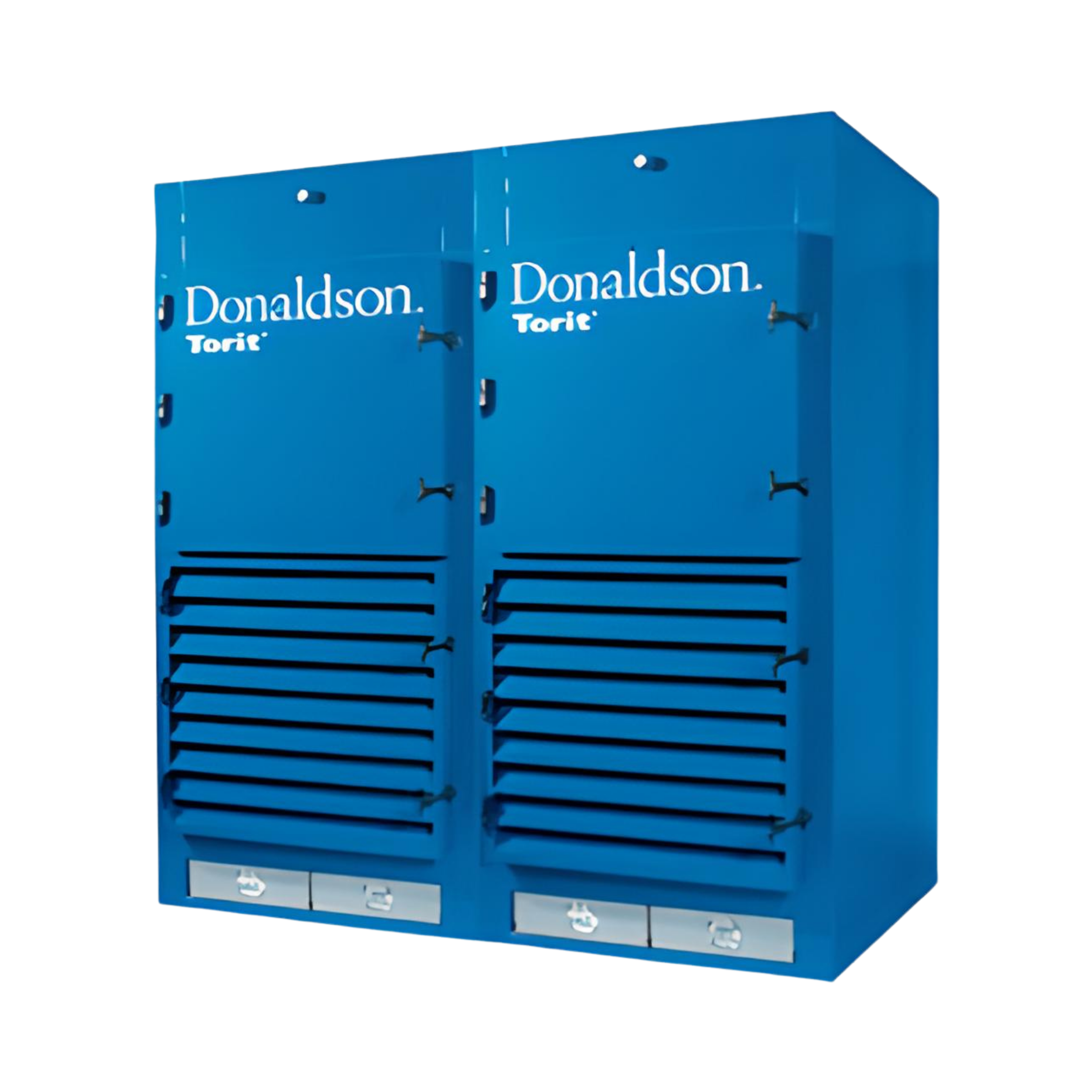
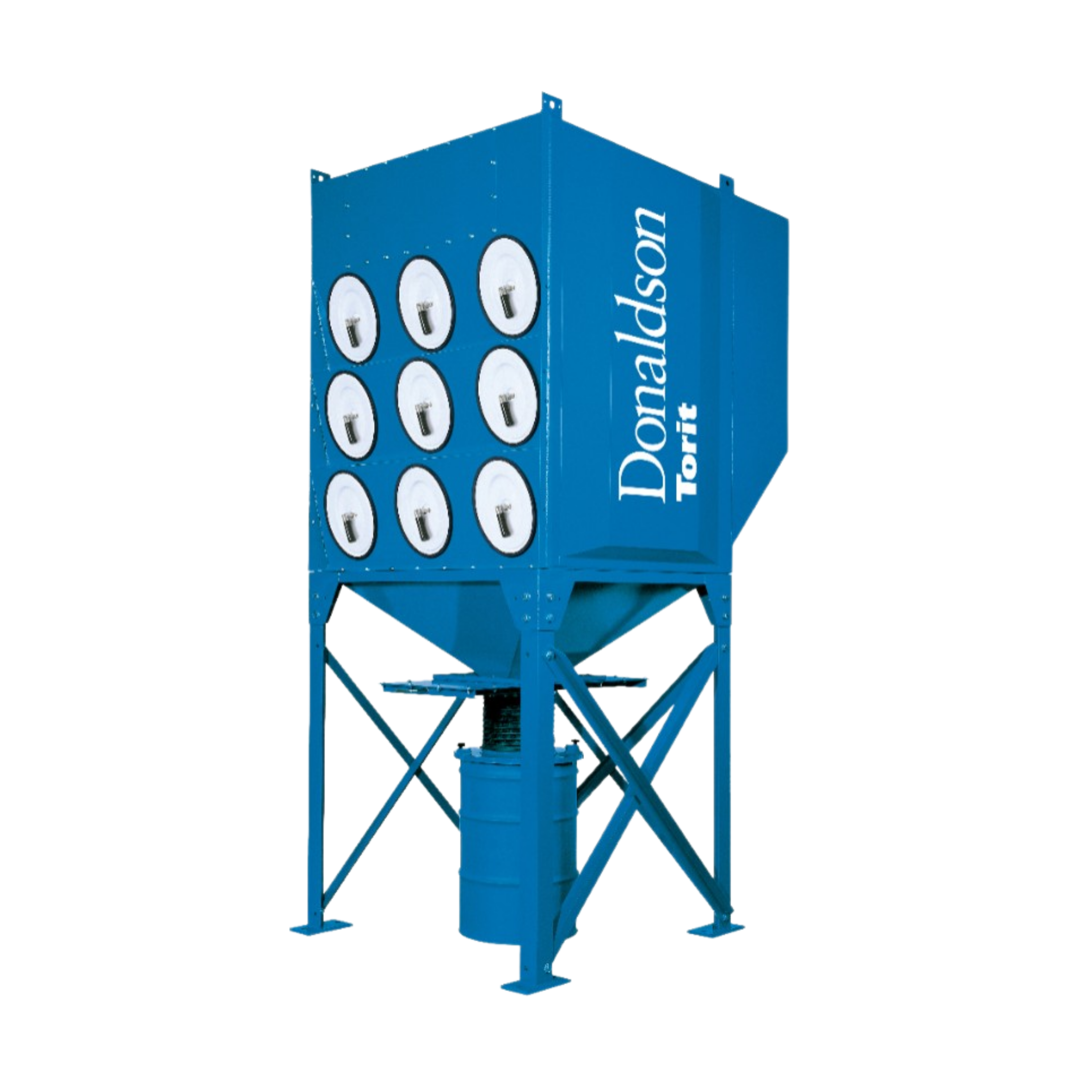
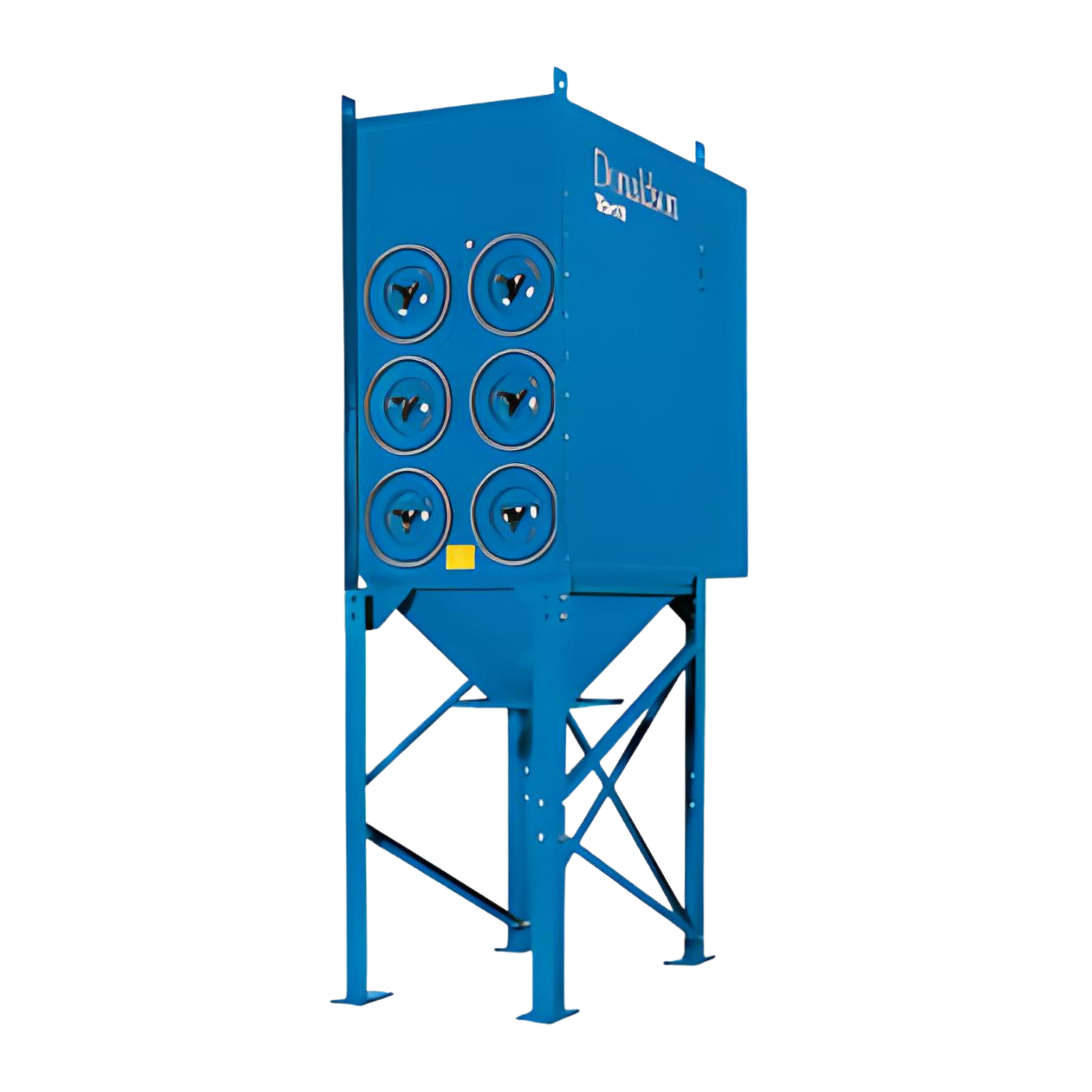
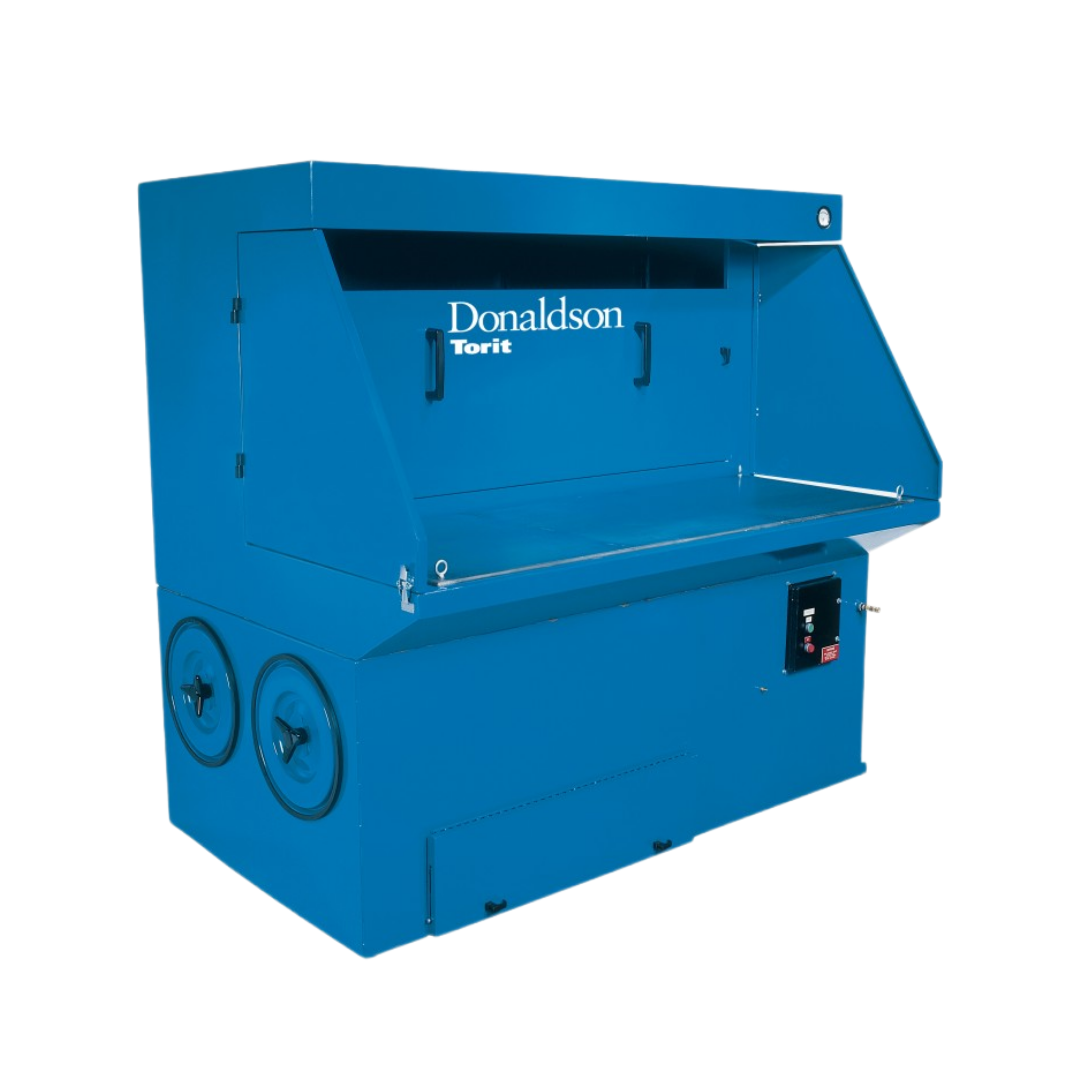
.png)
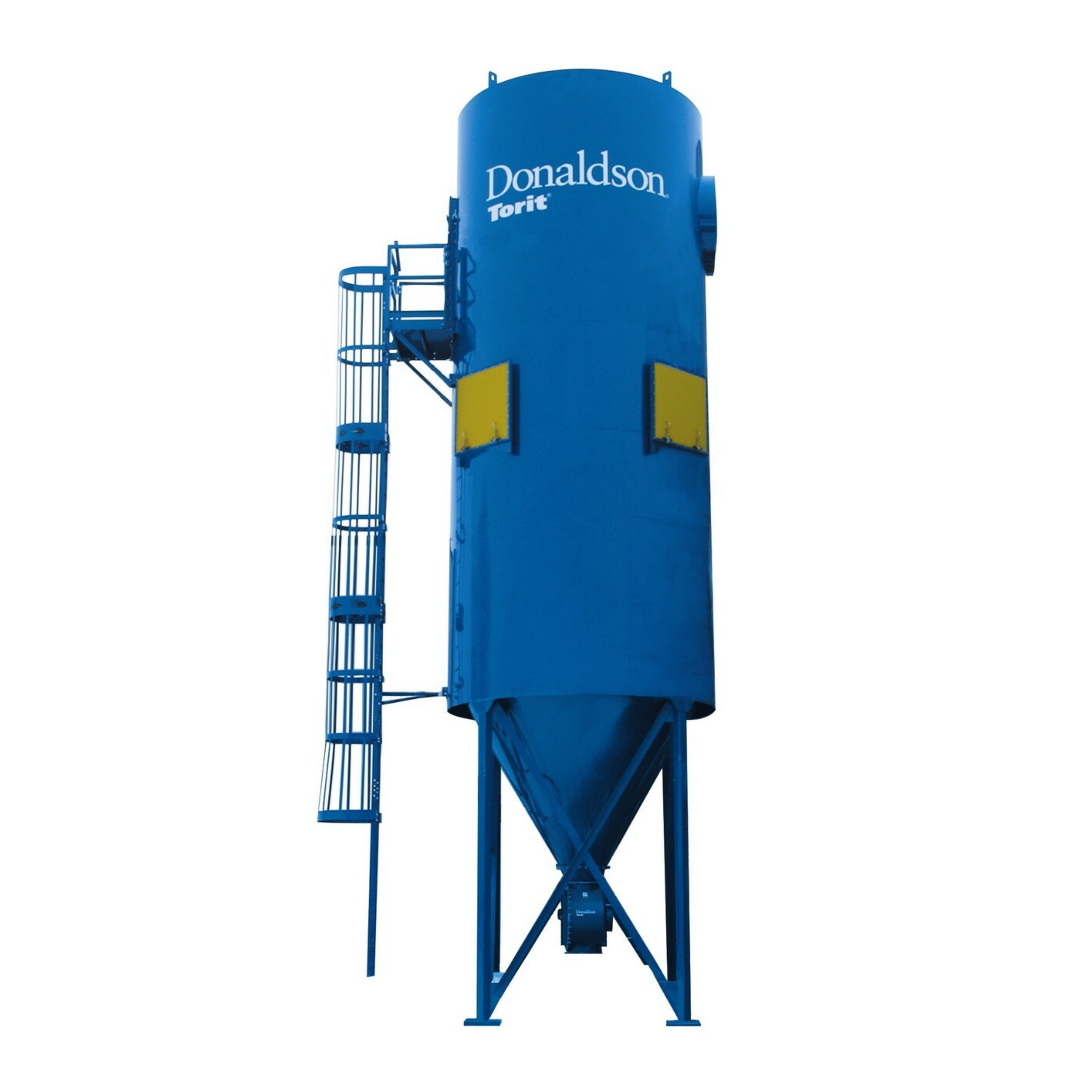
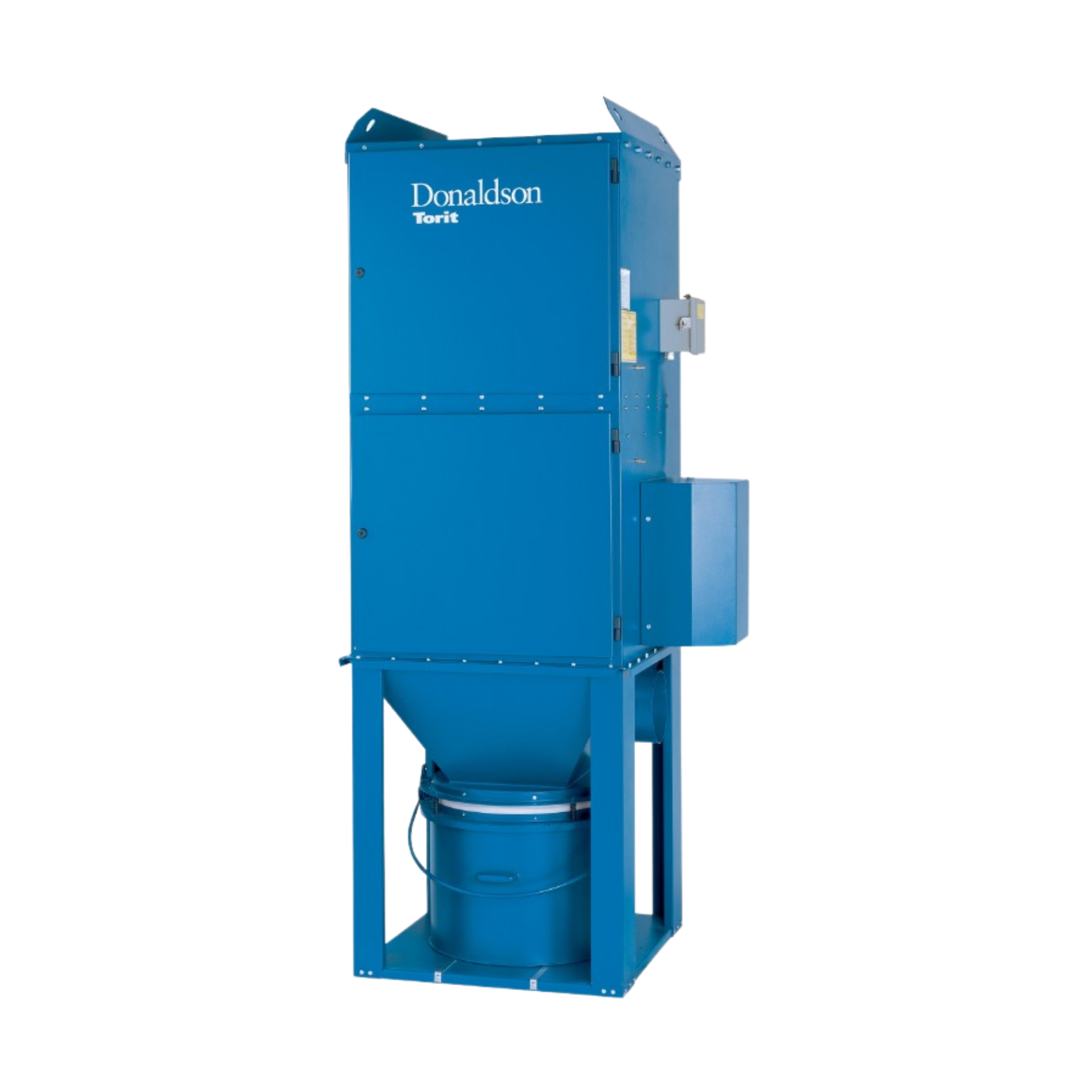
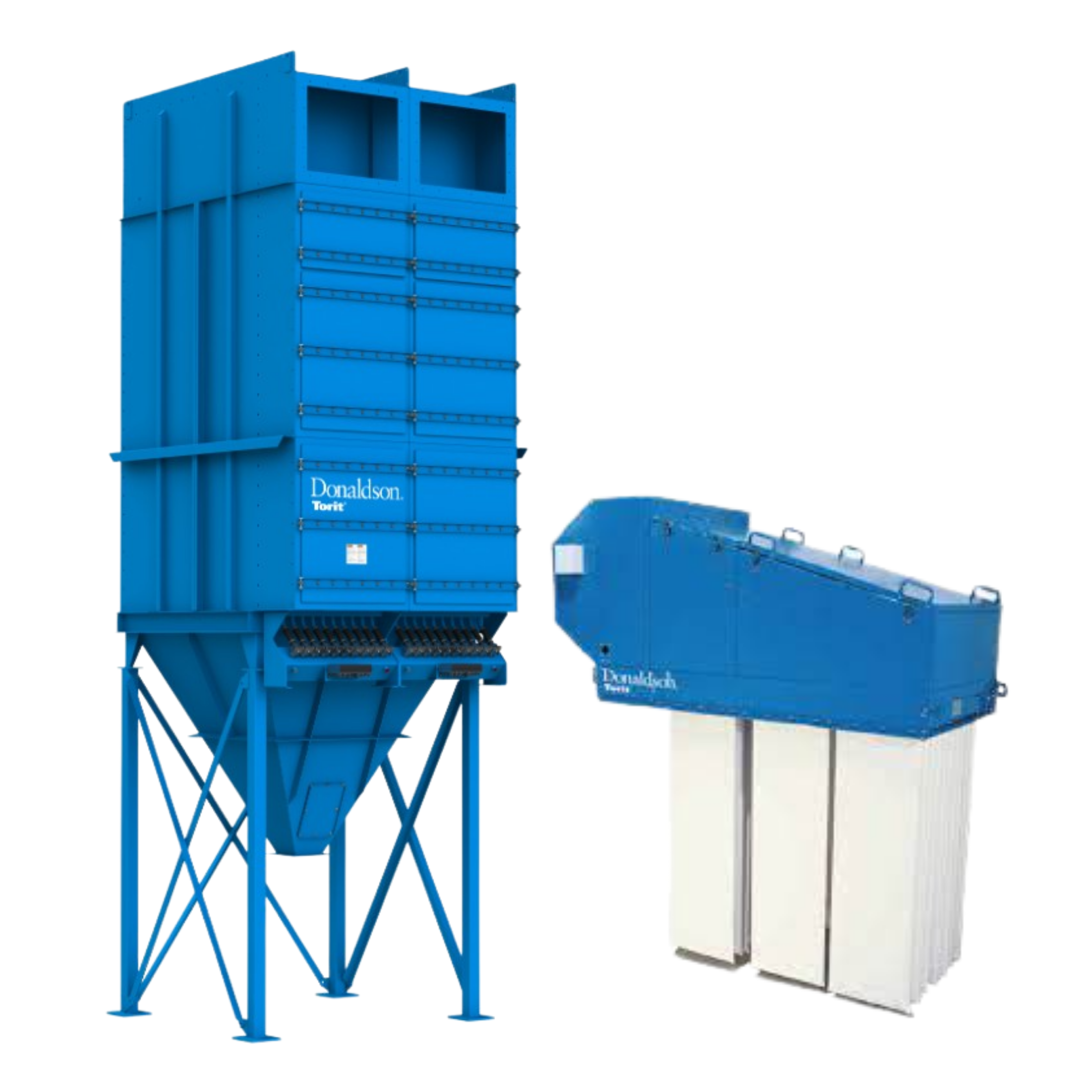
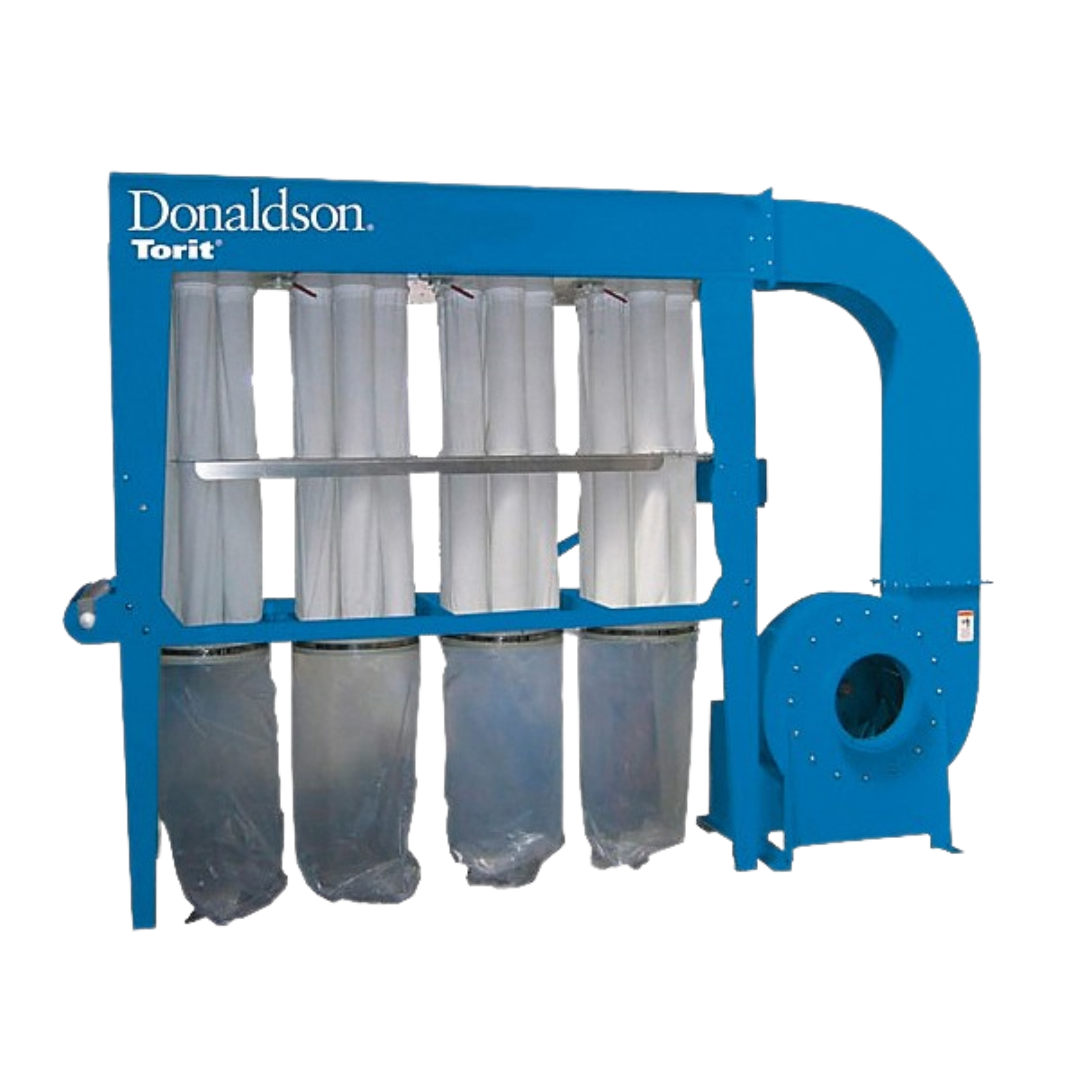
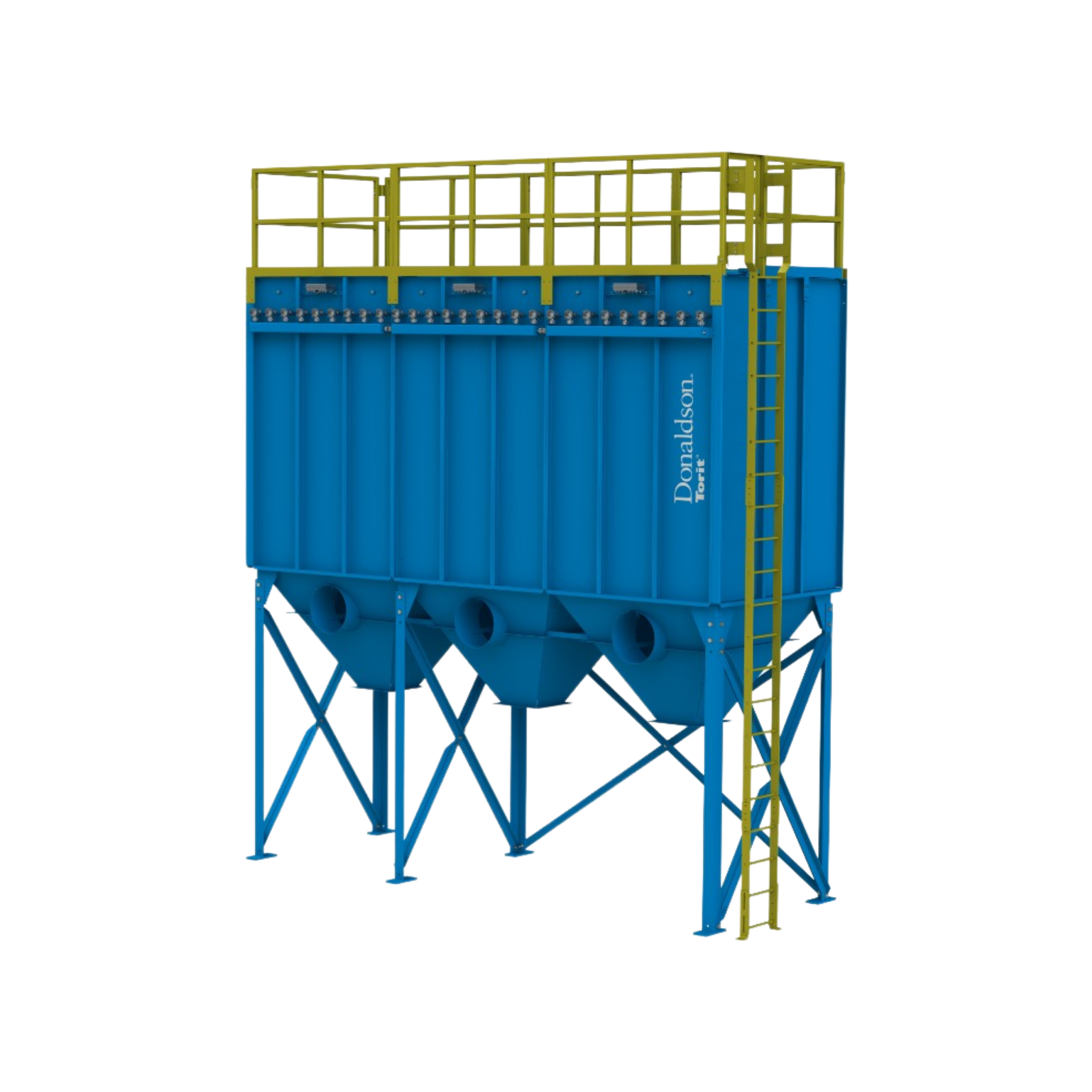
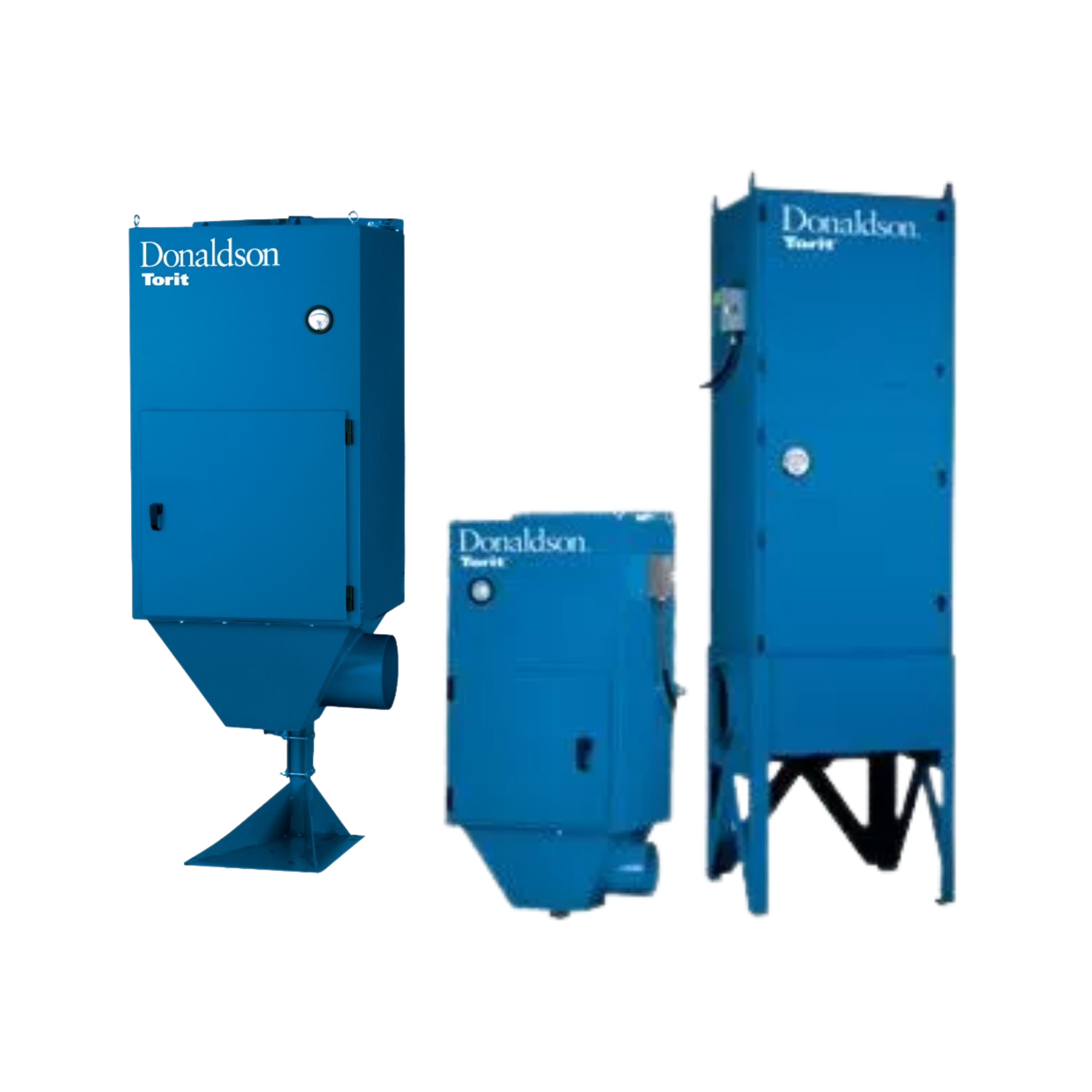
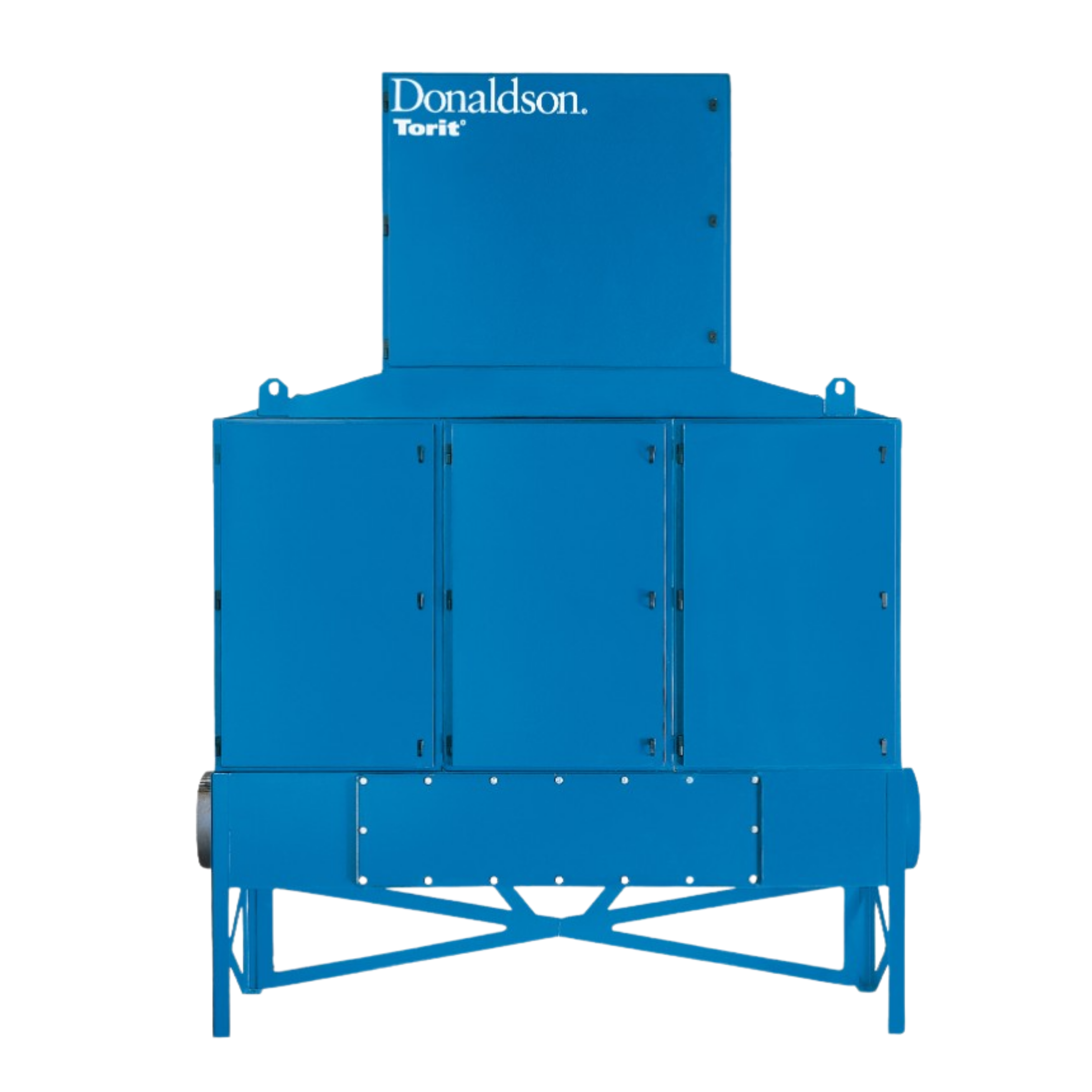
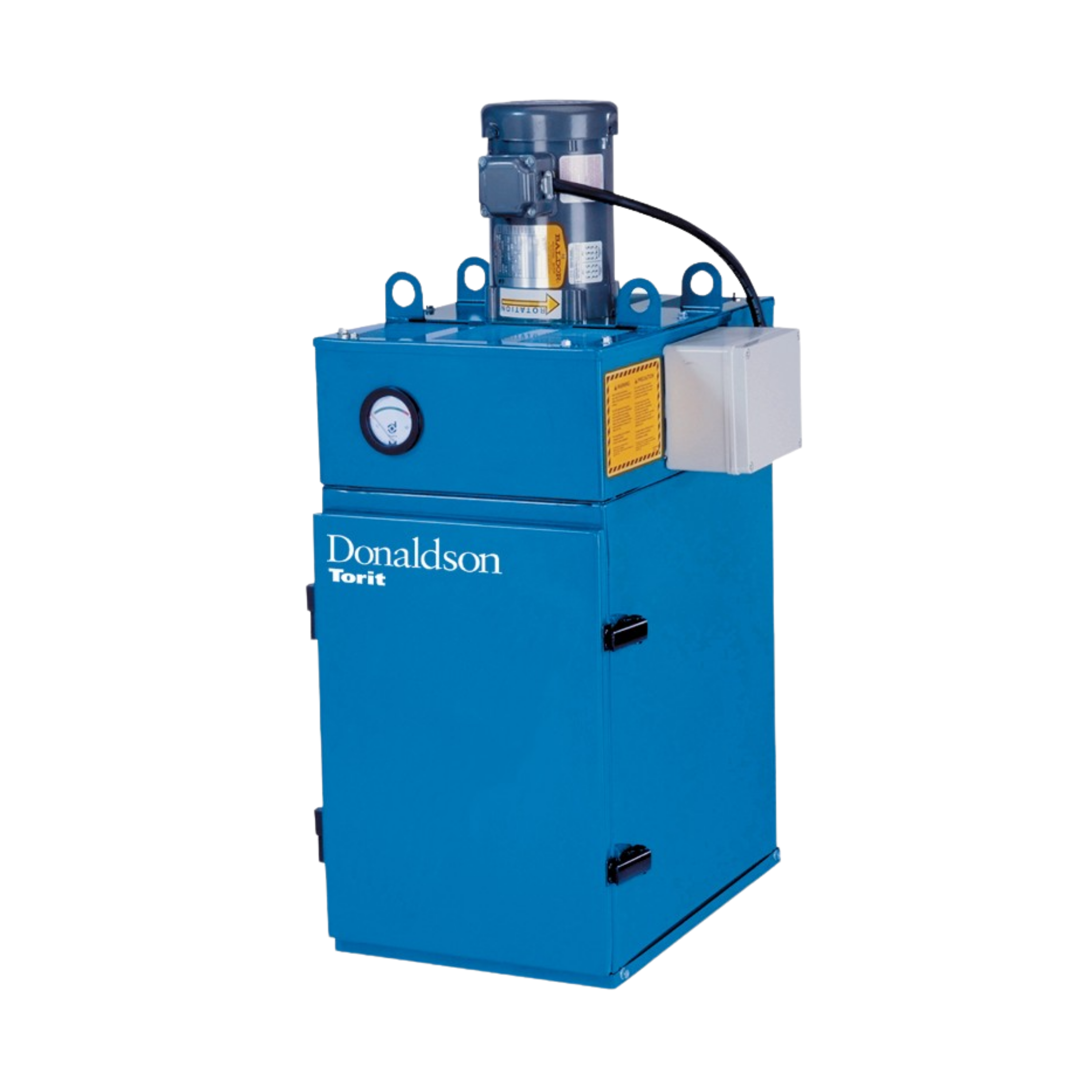
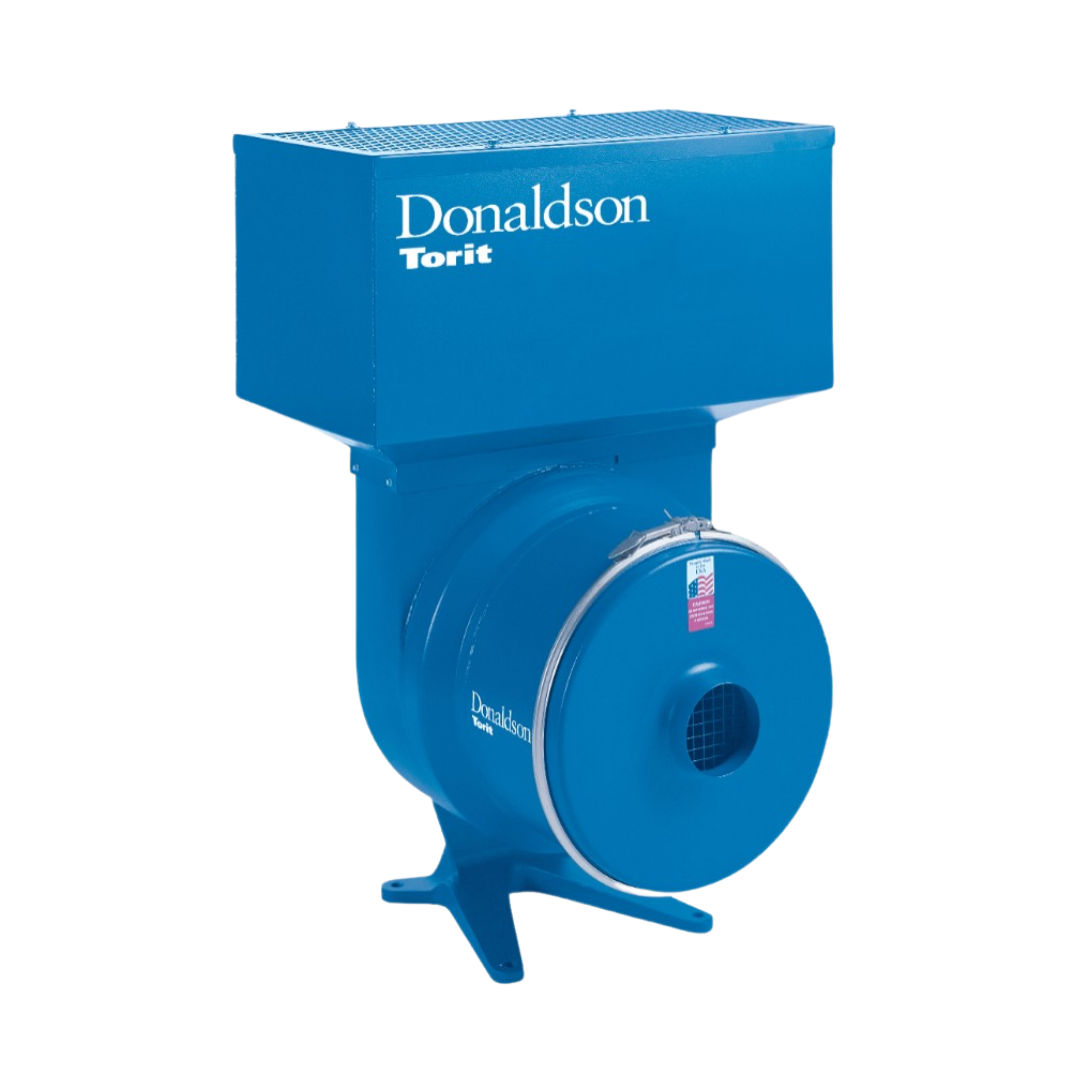
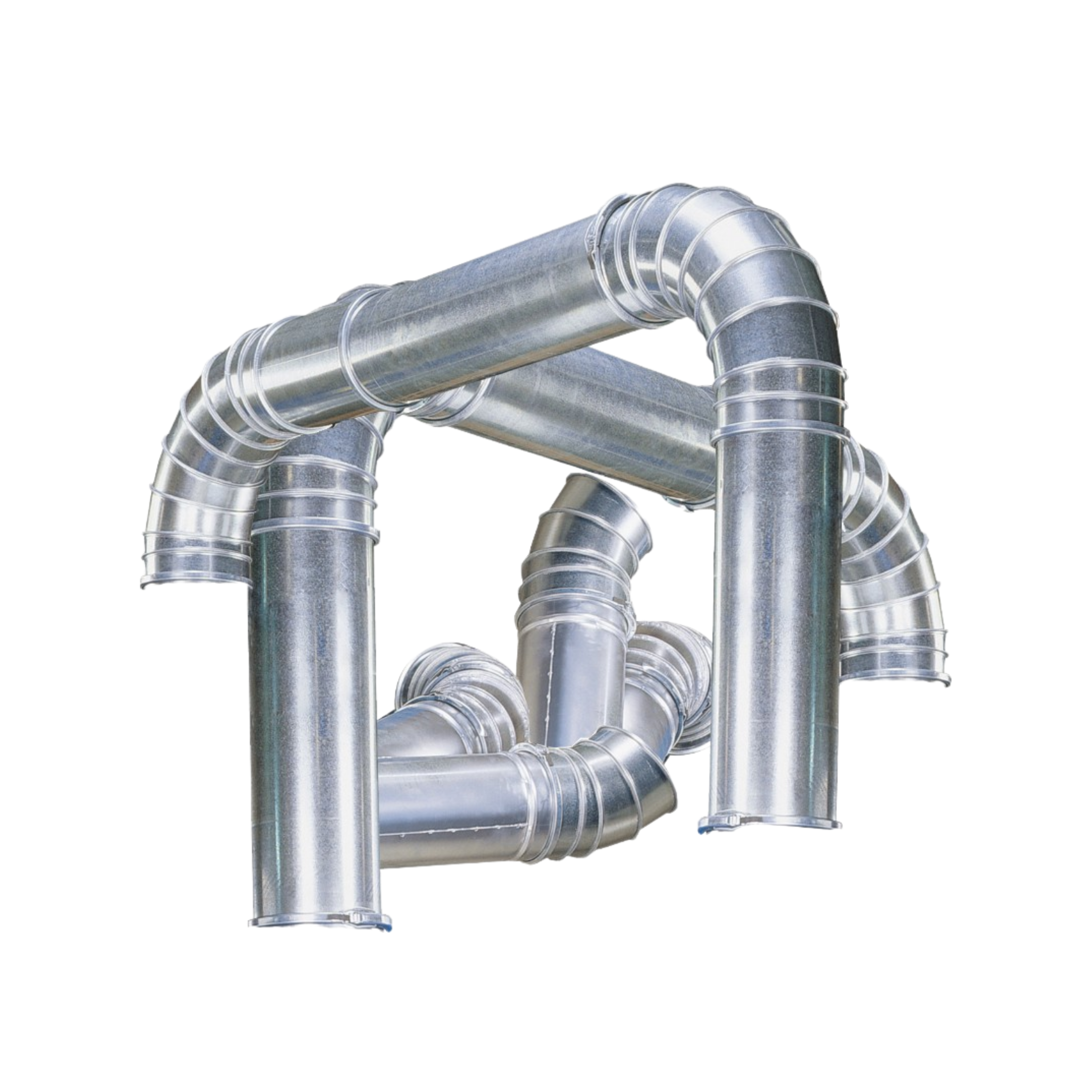
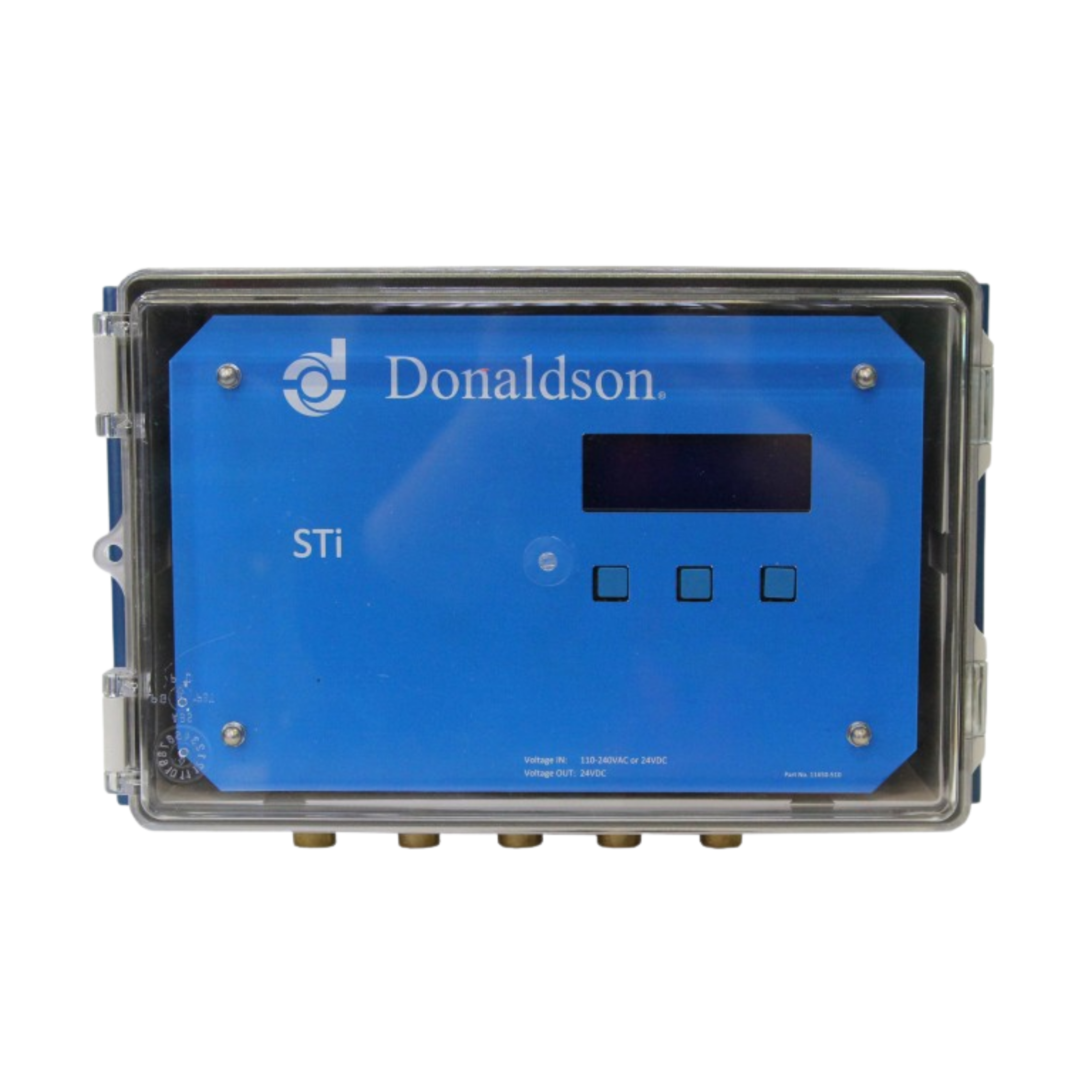
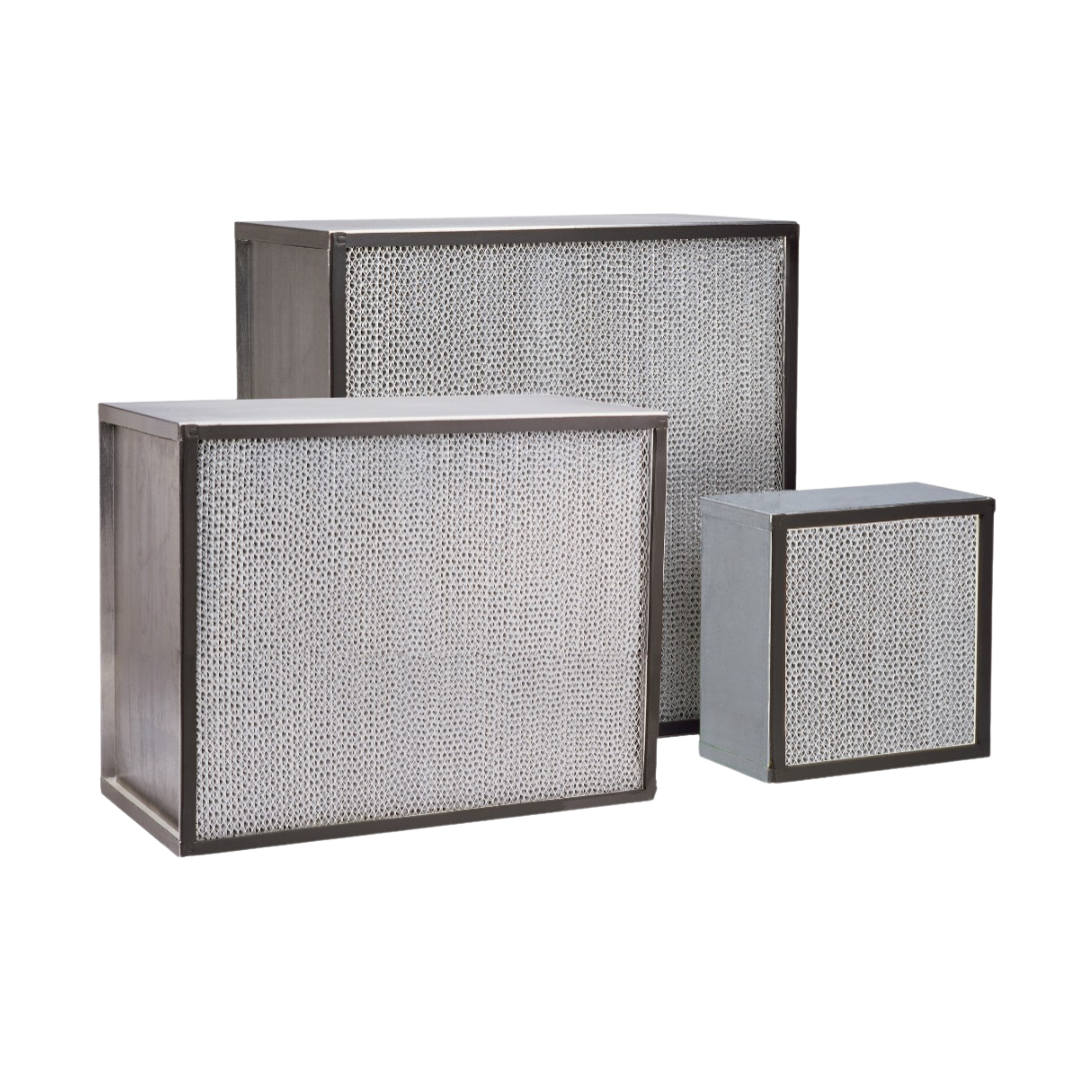
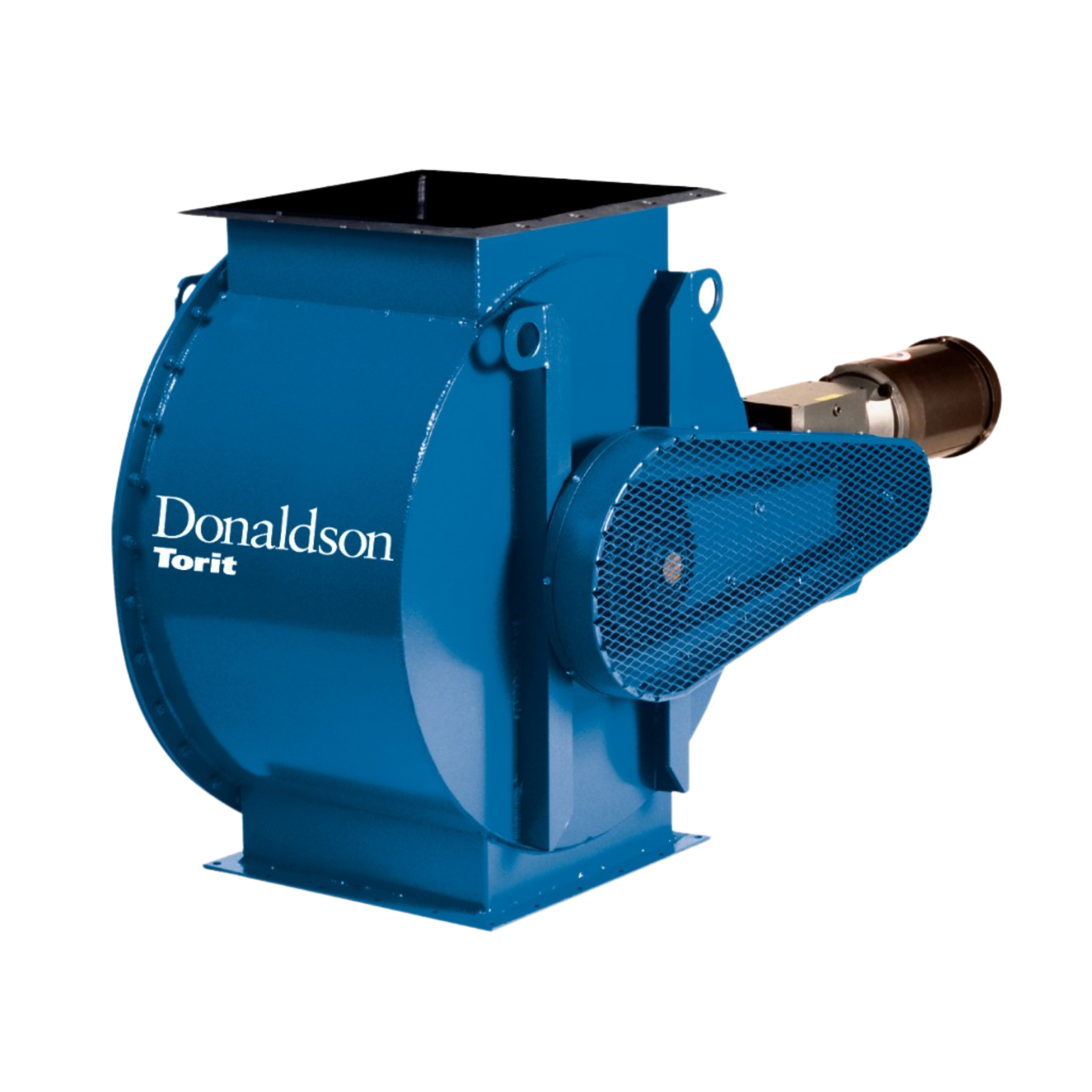
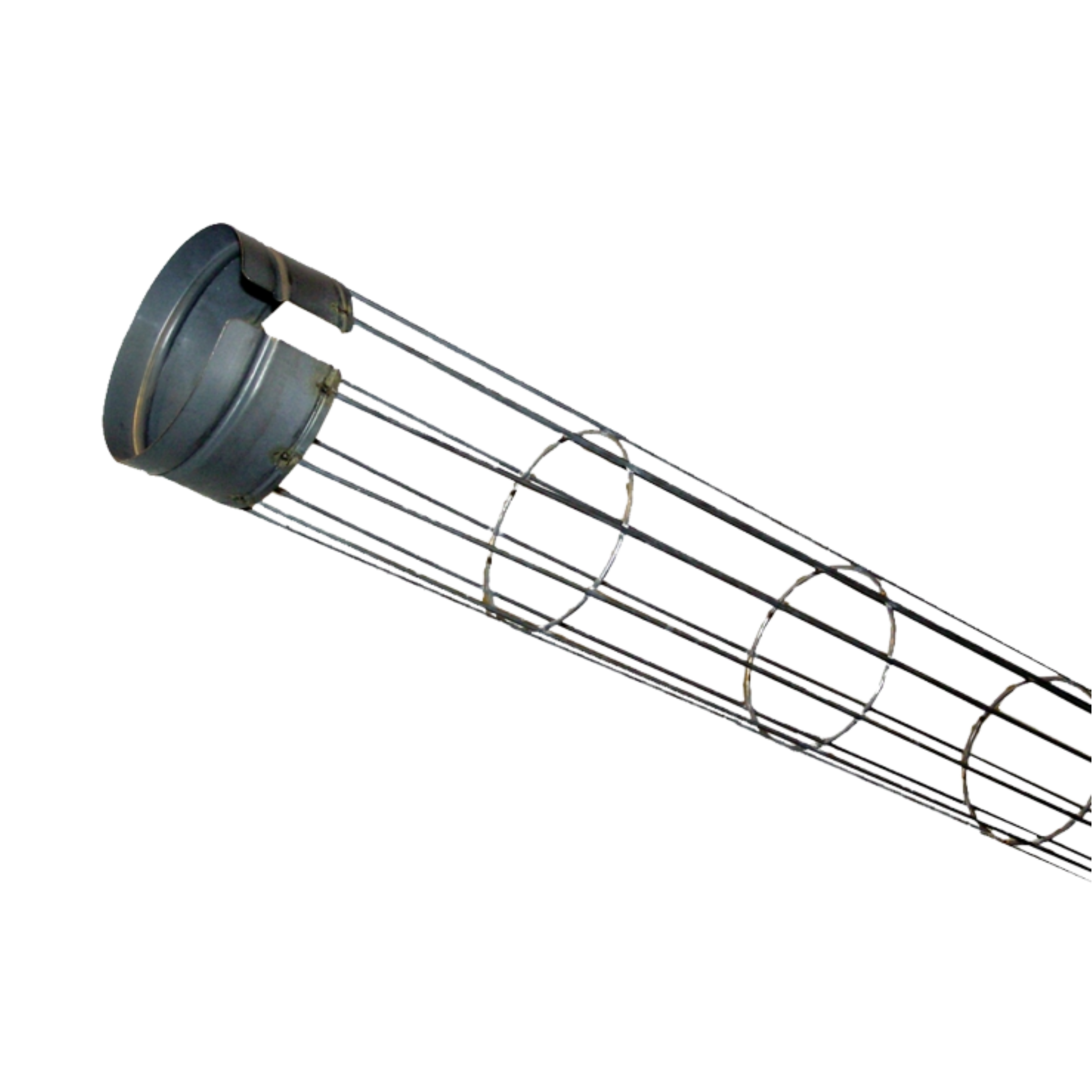
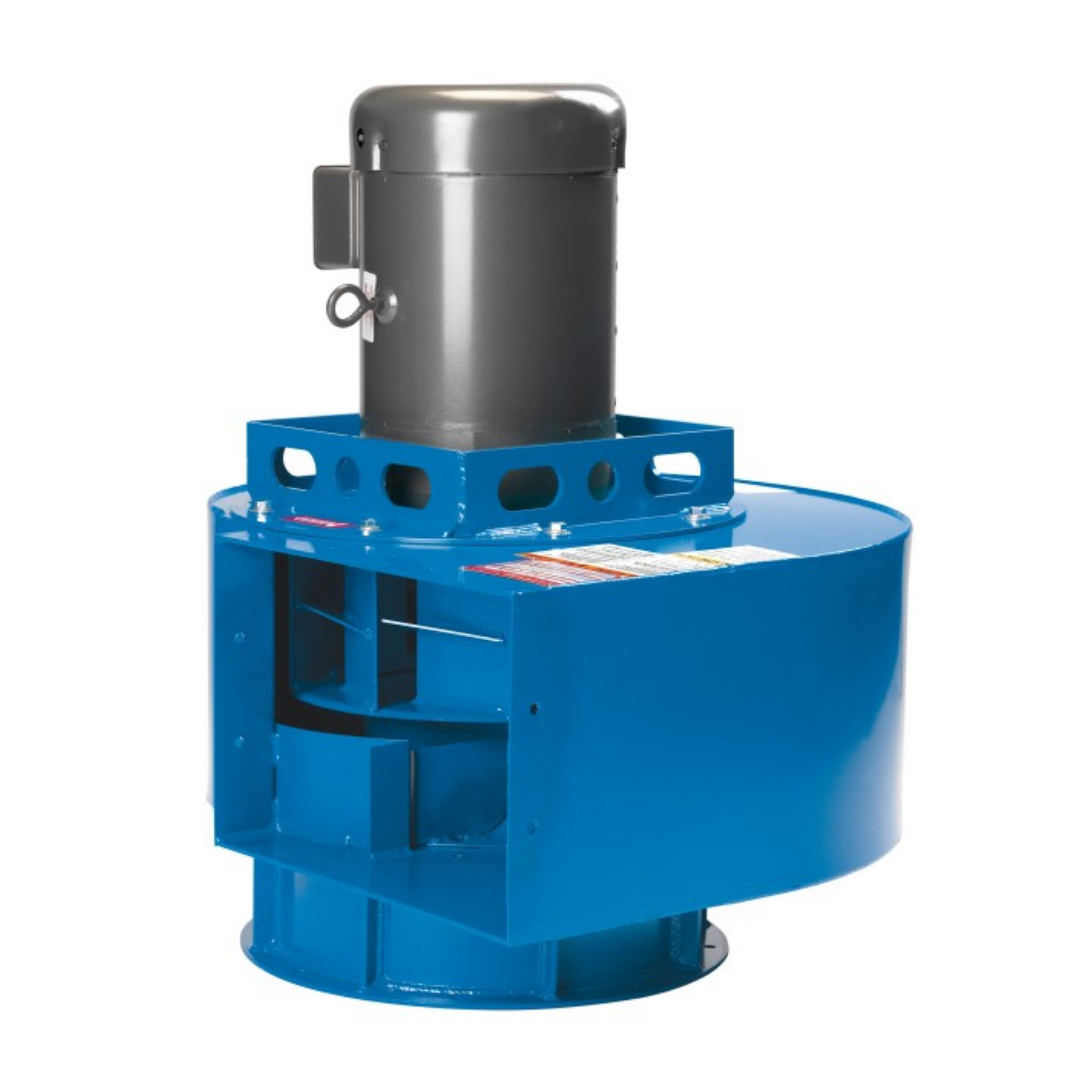
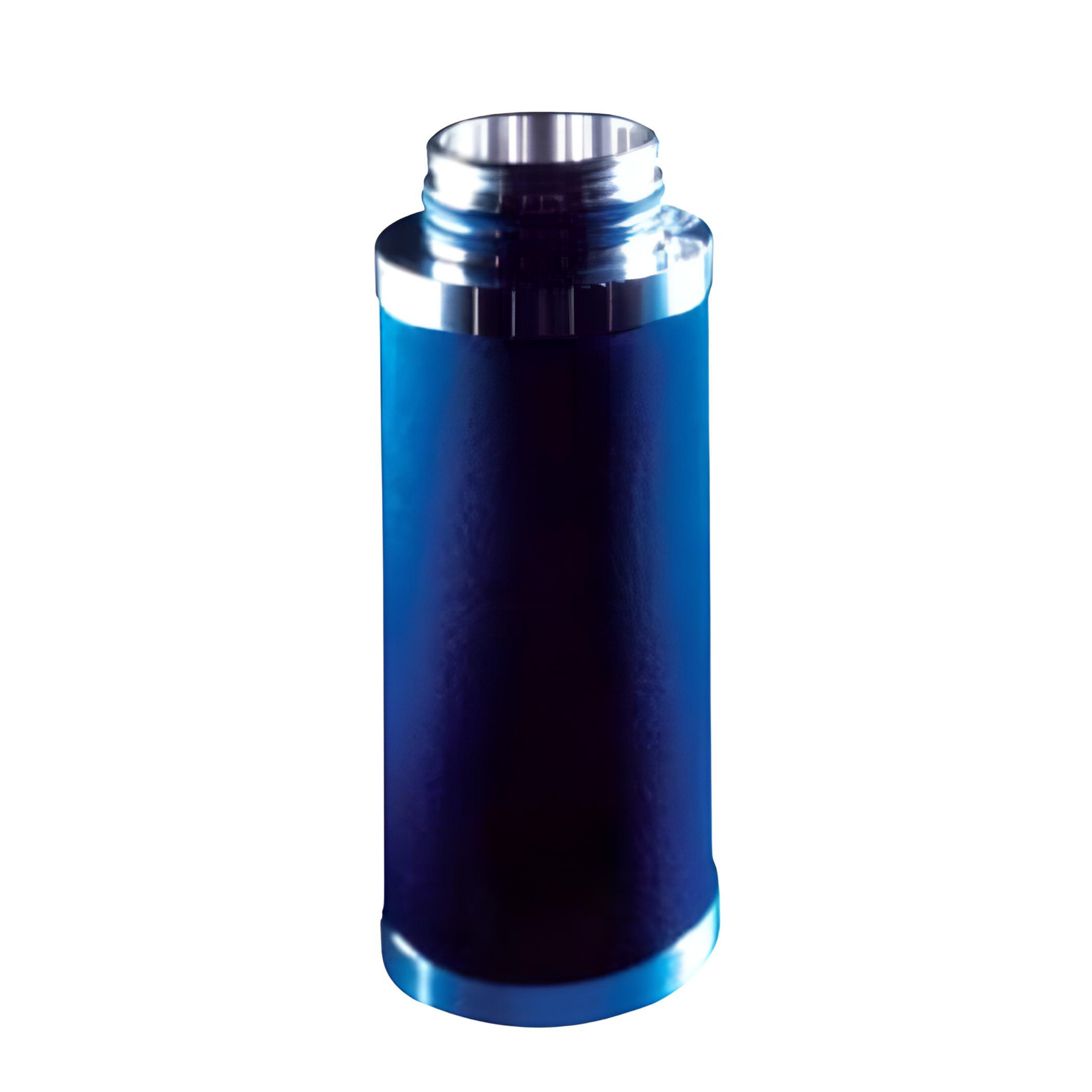
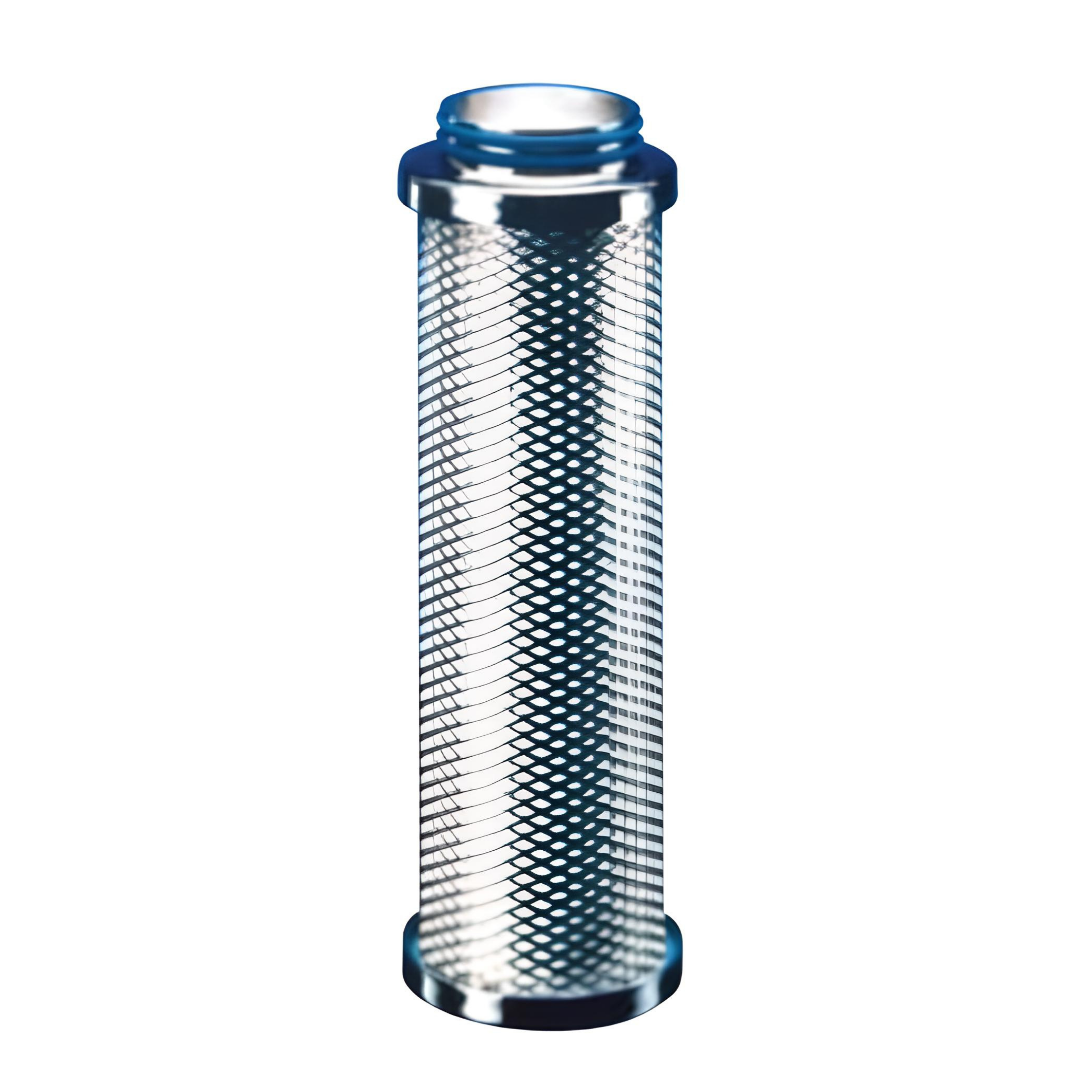
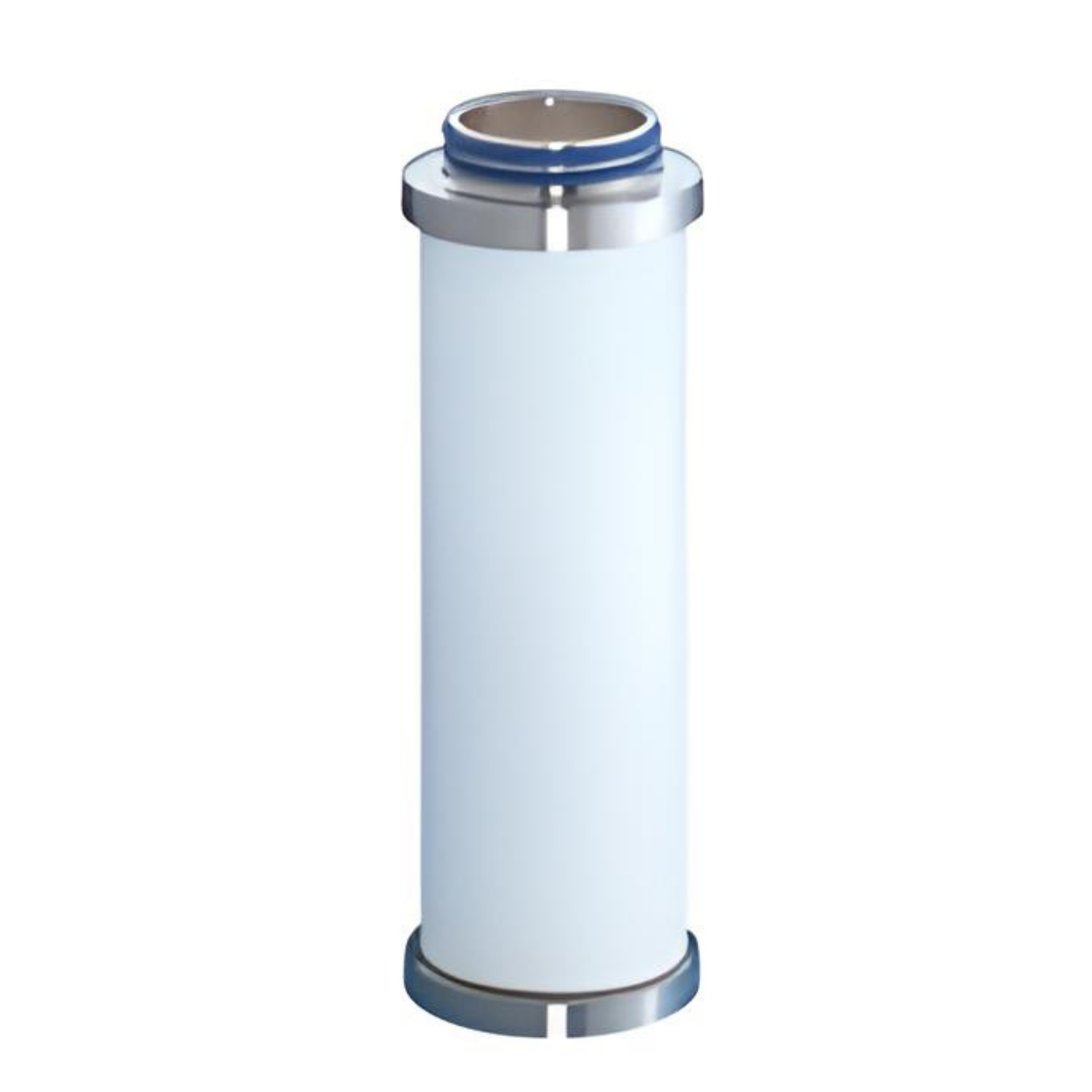
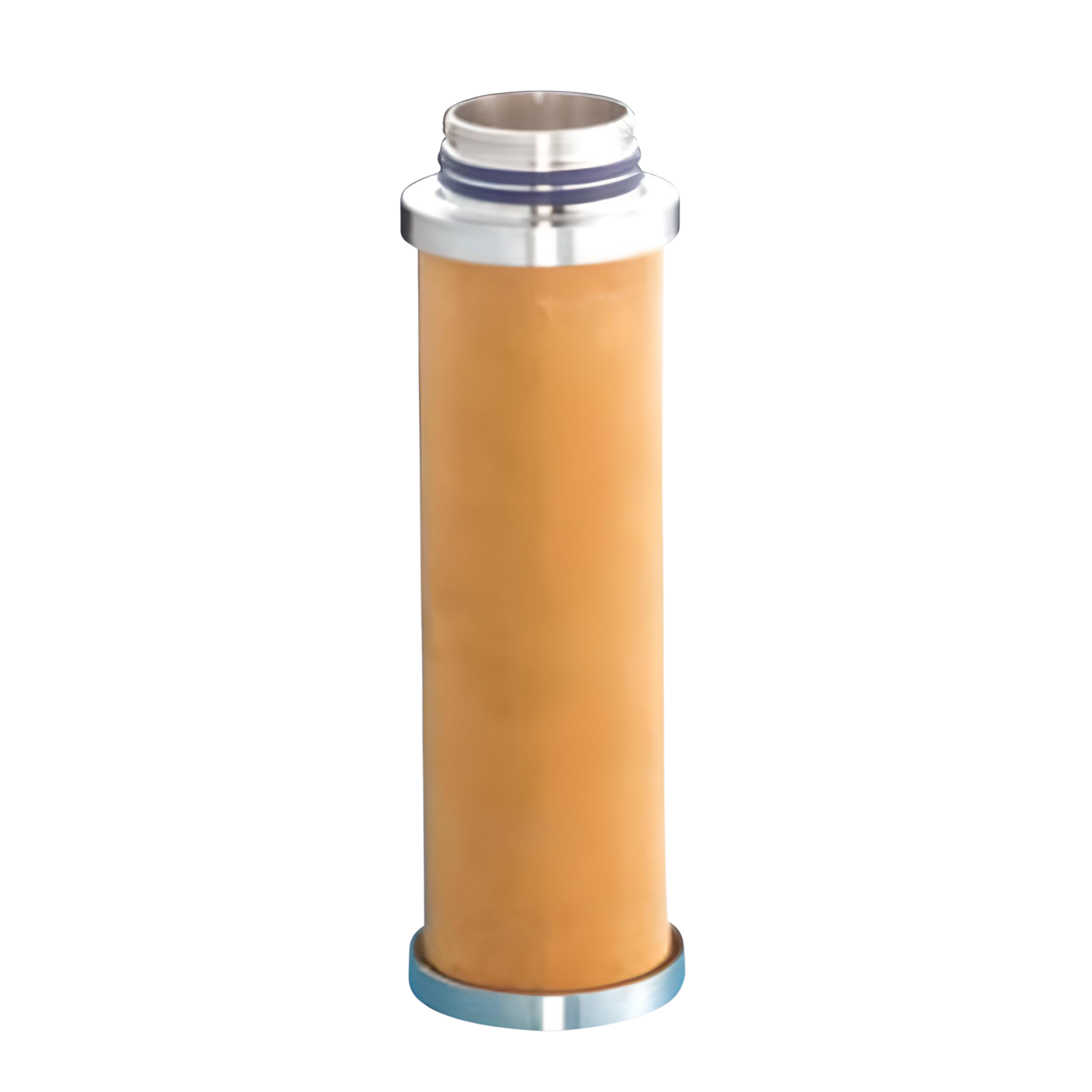
.png)
.png)
.png)
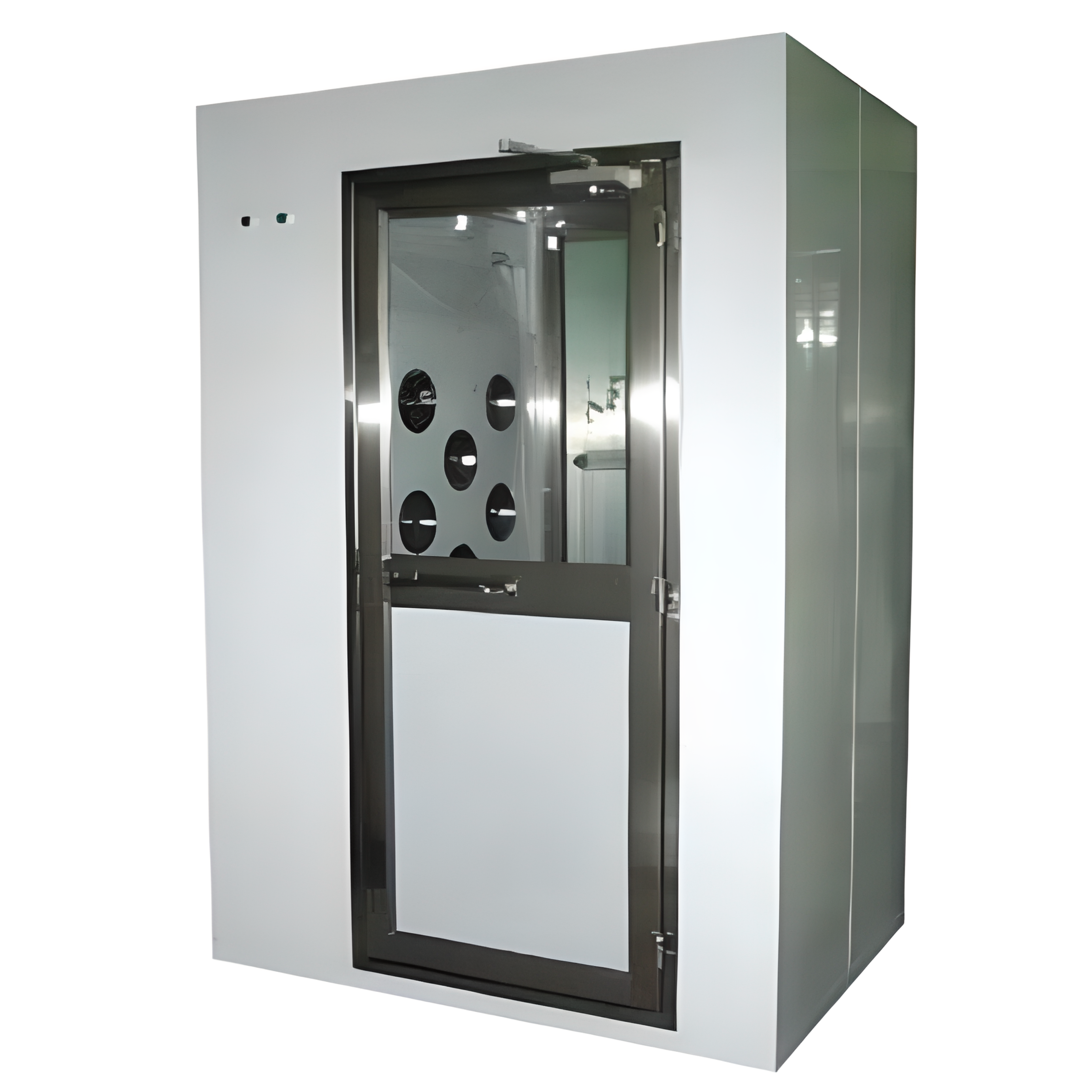
.png)
.png)